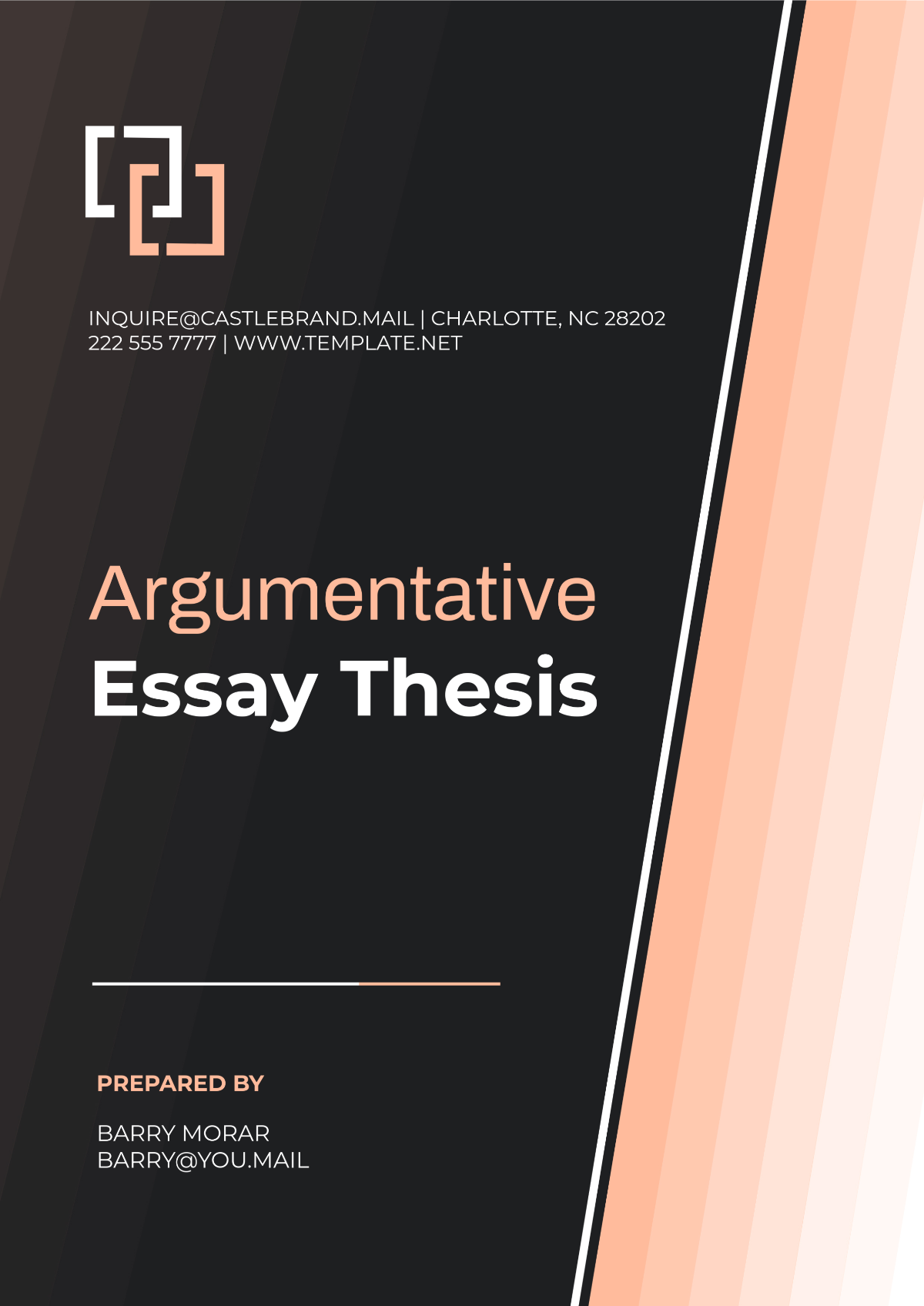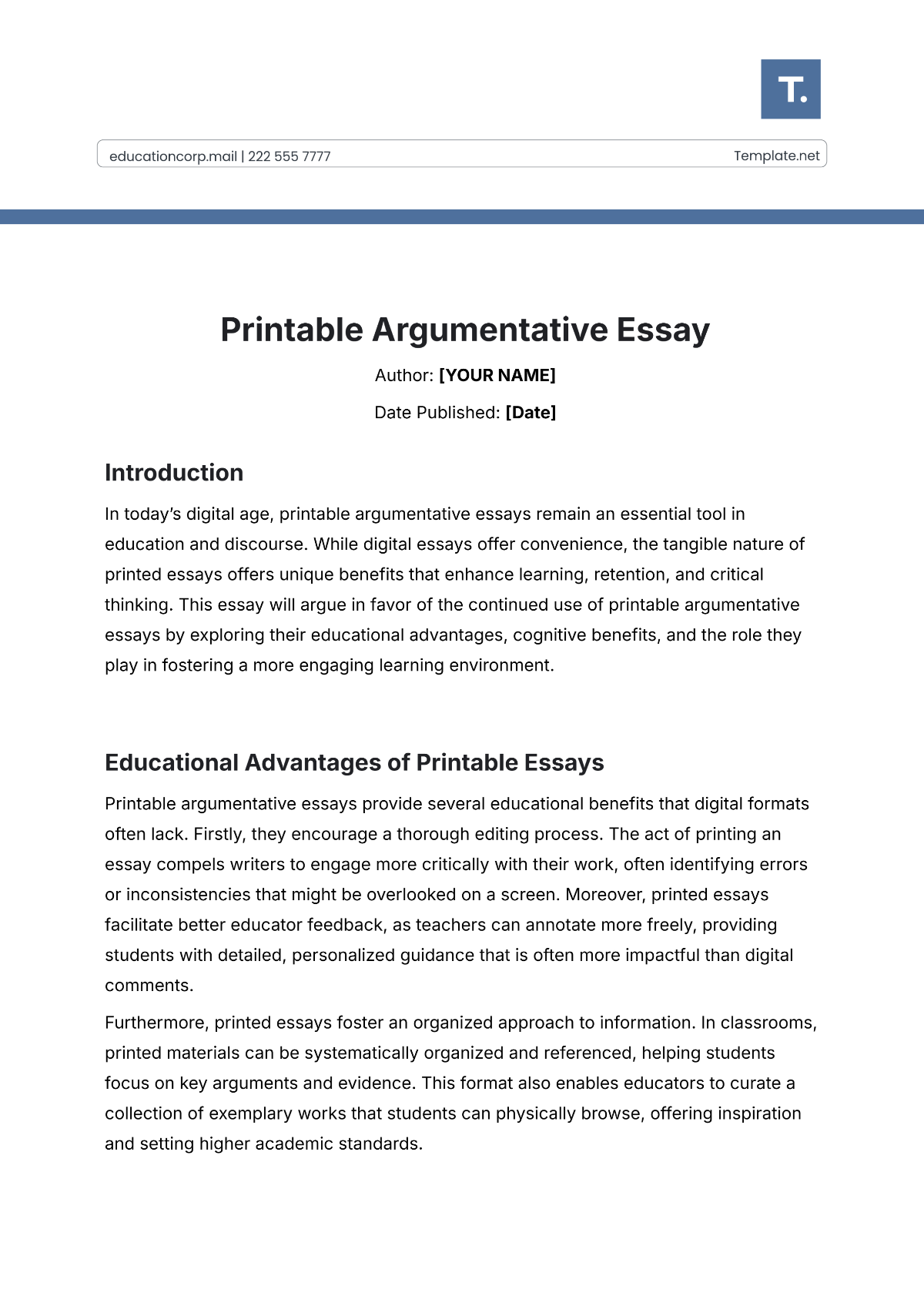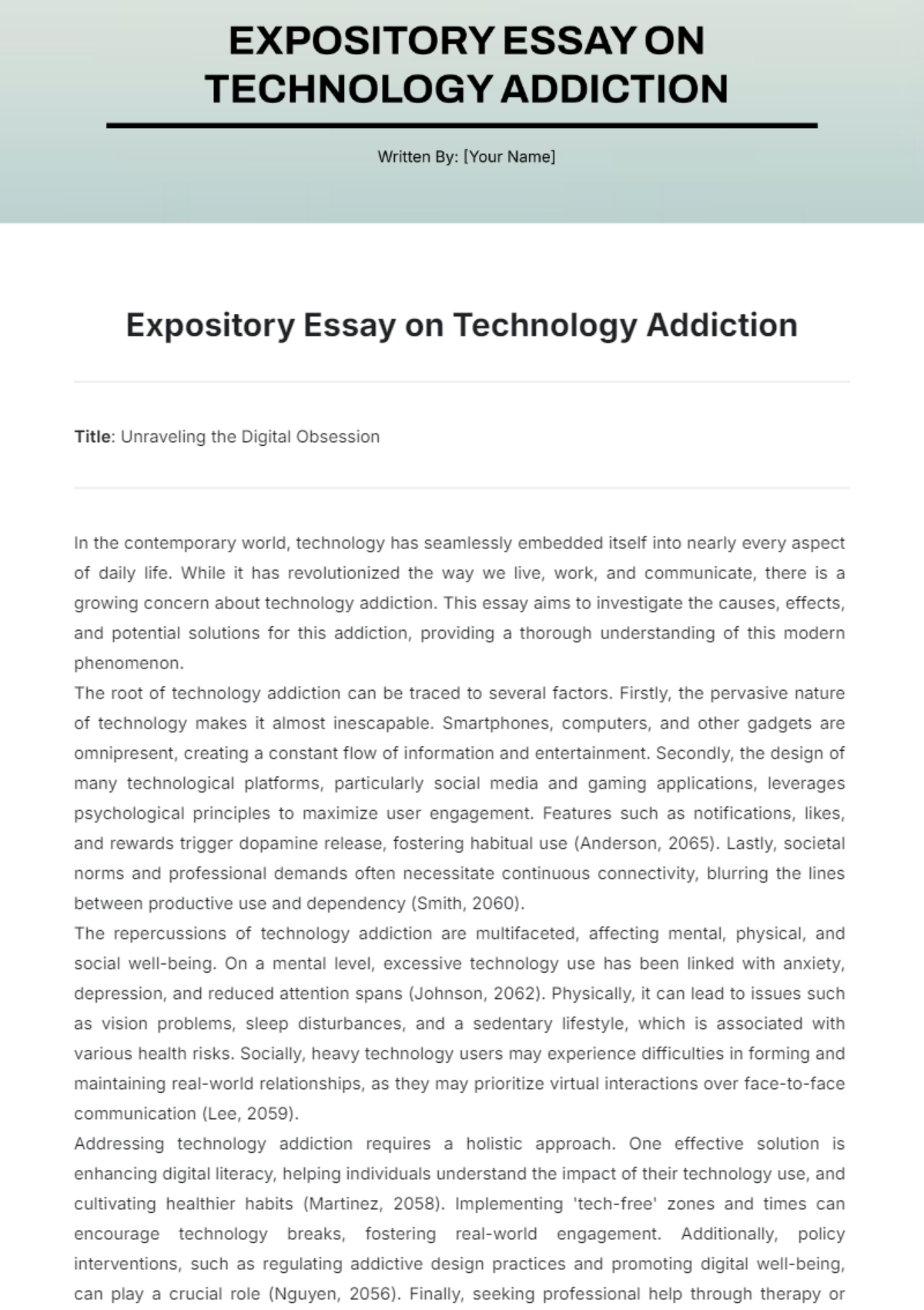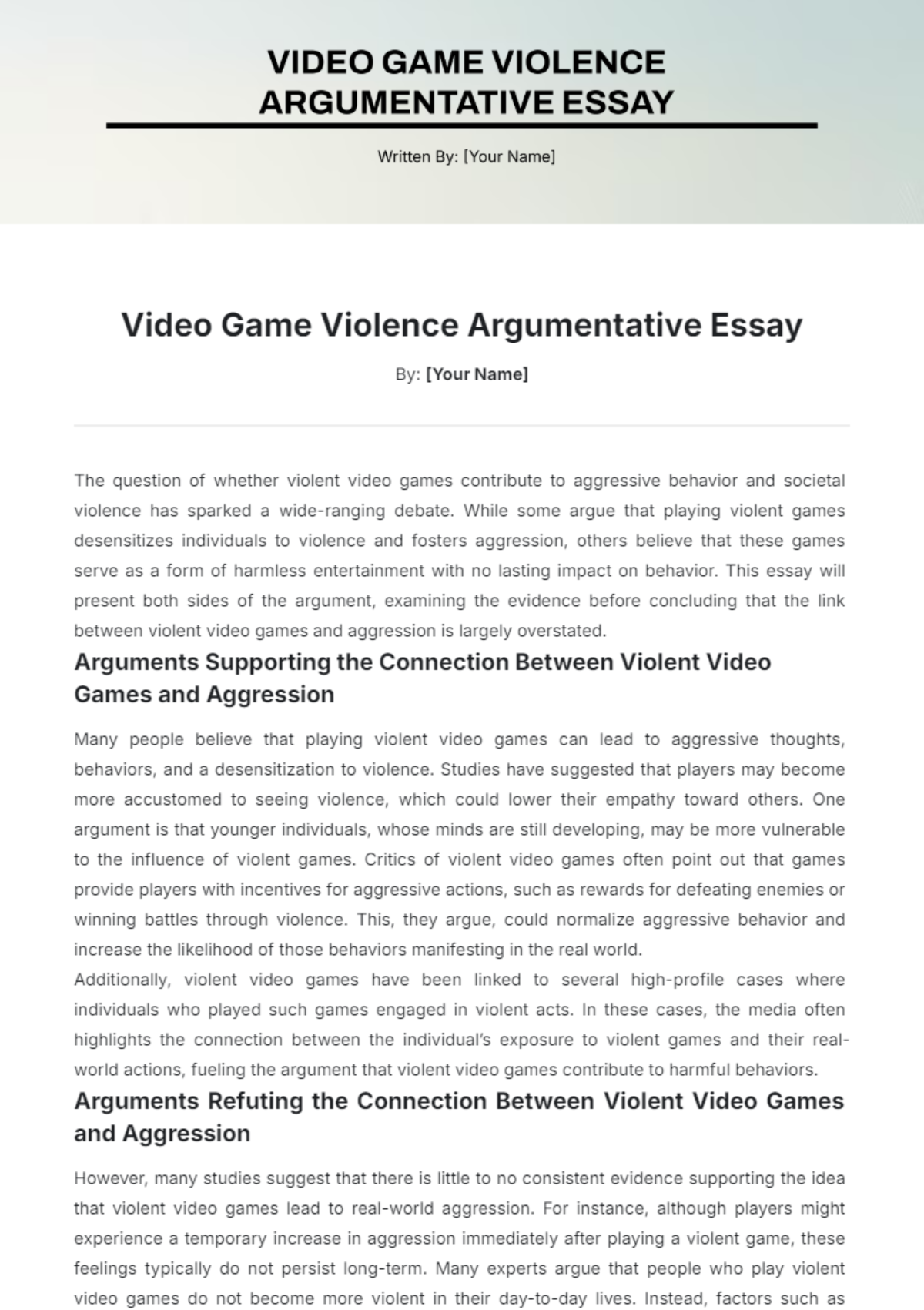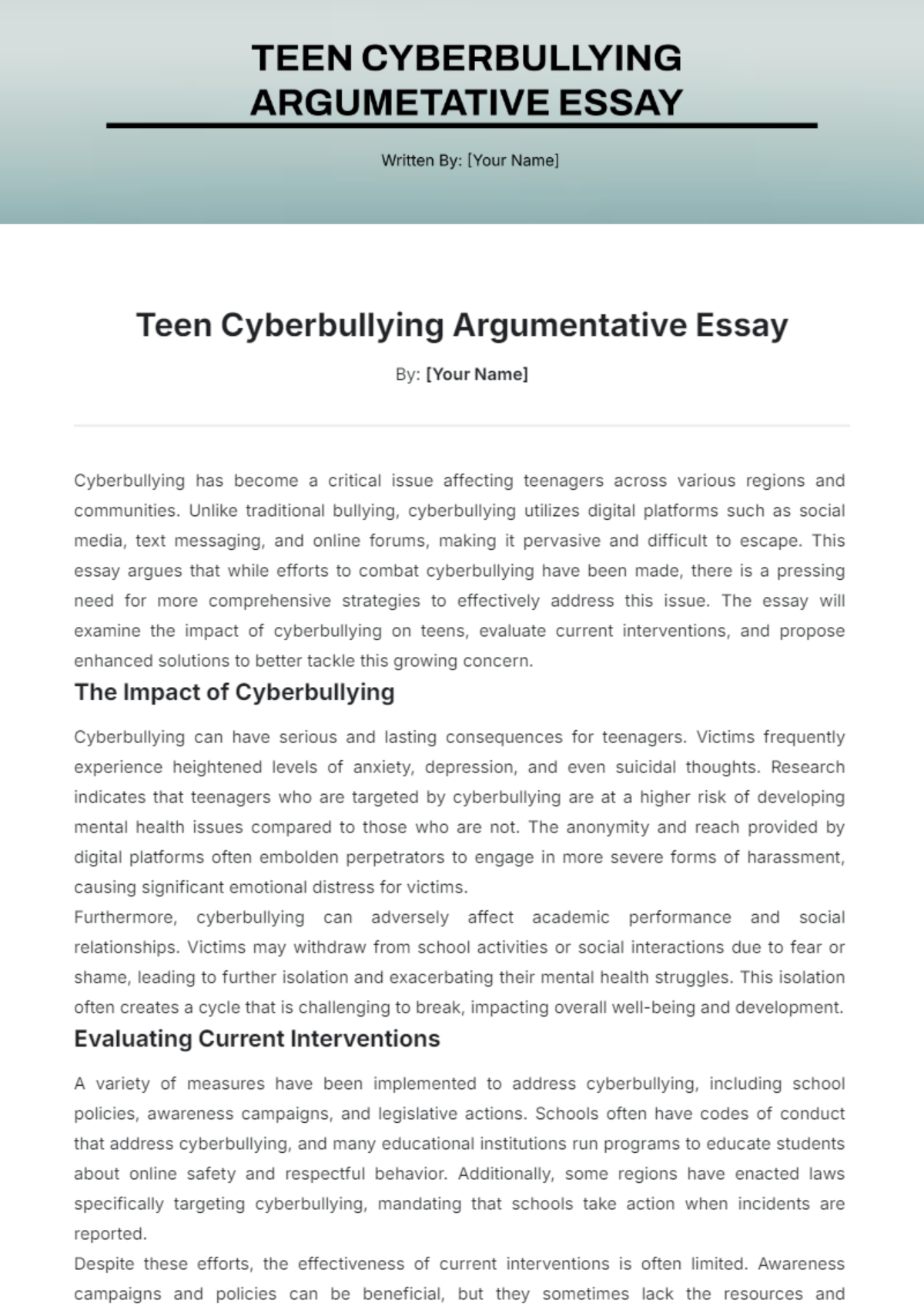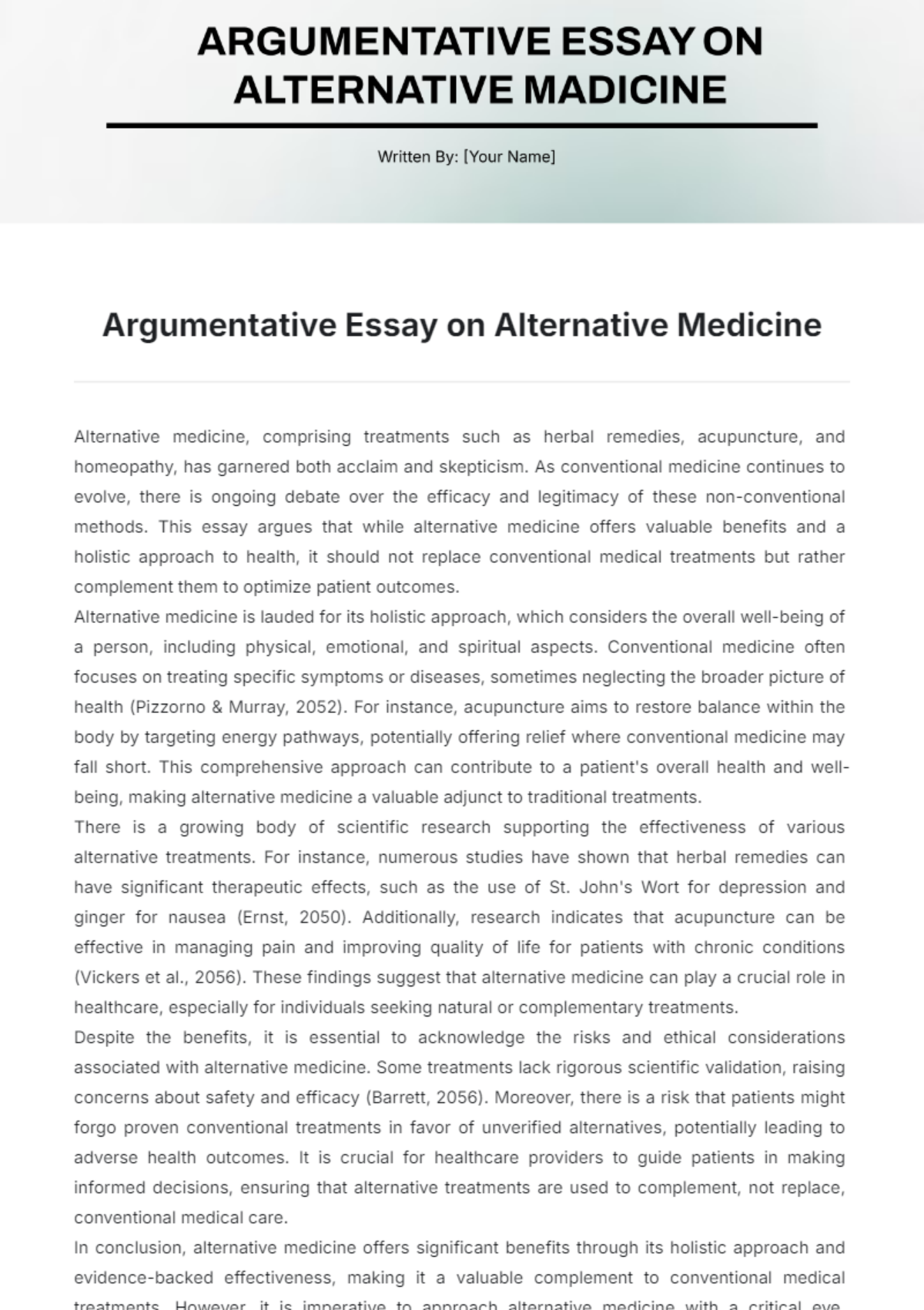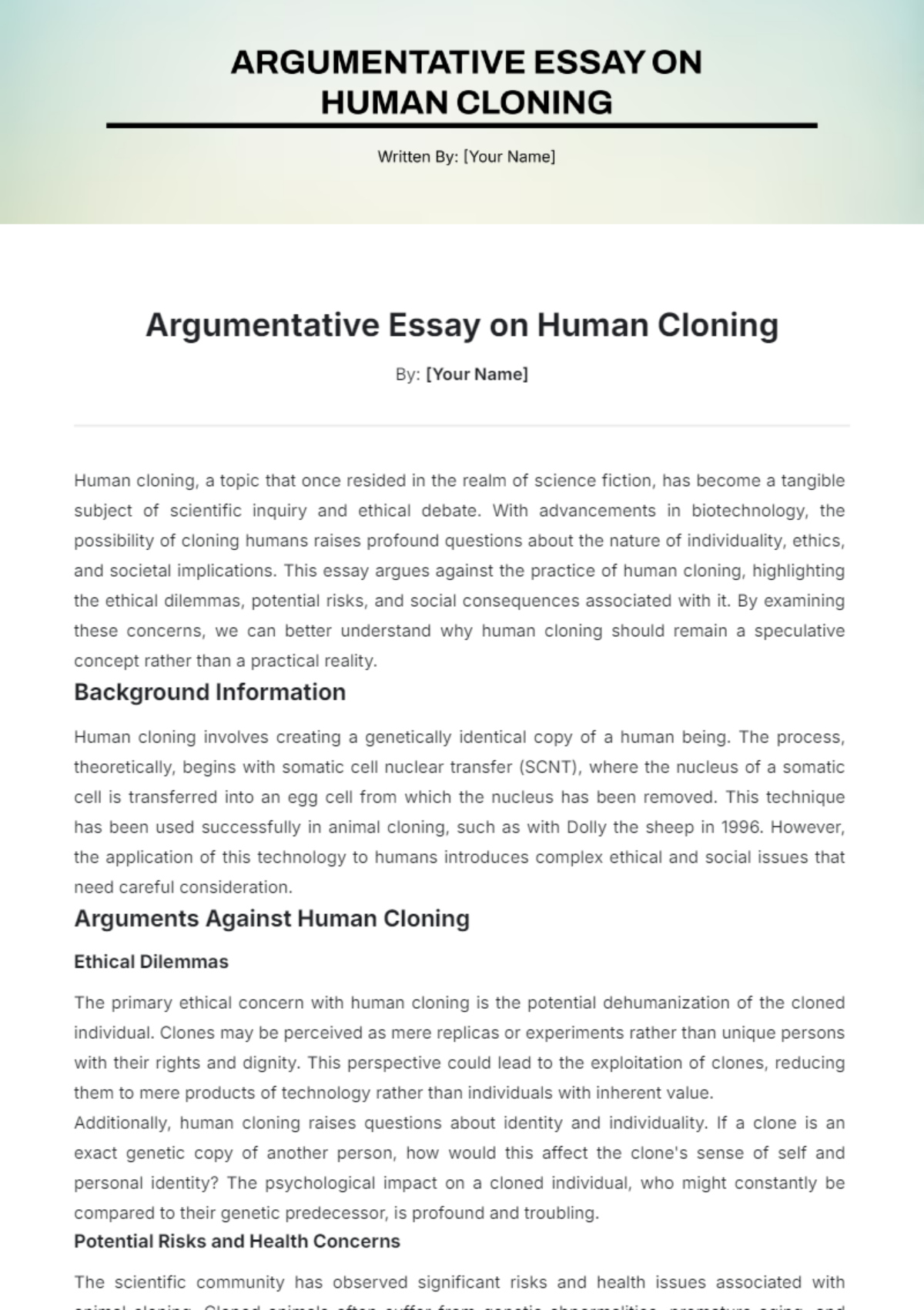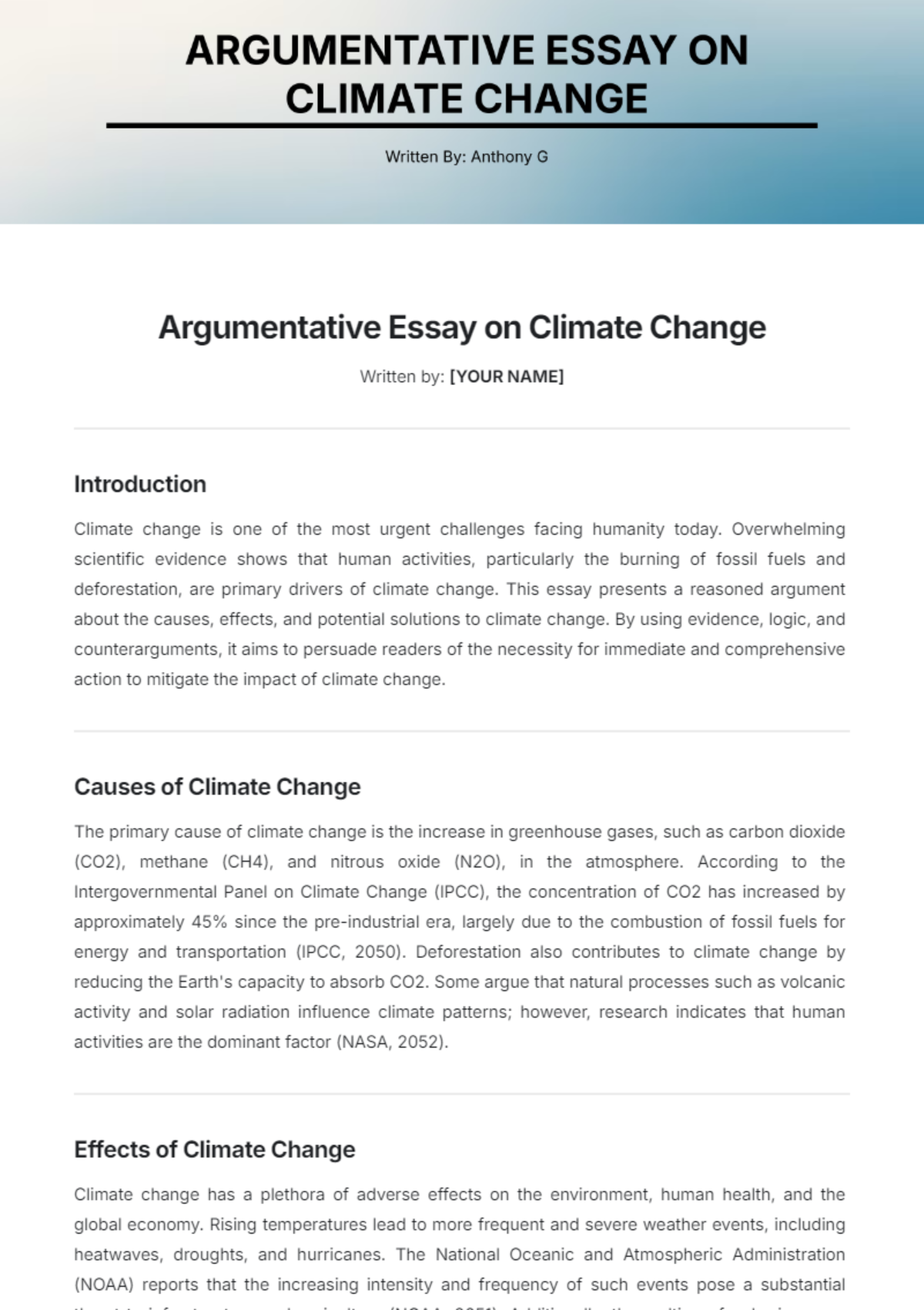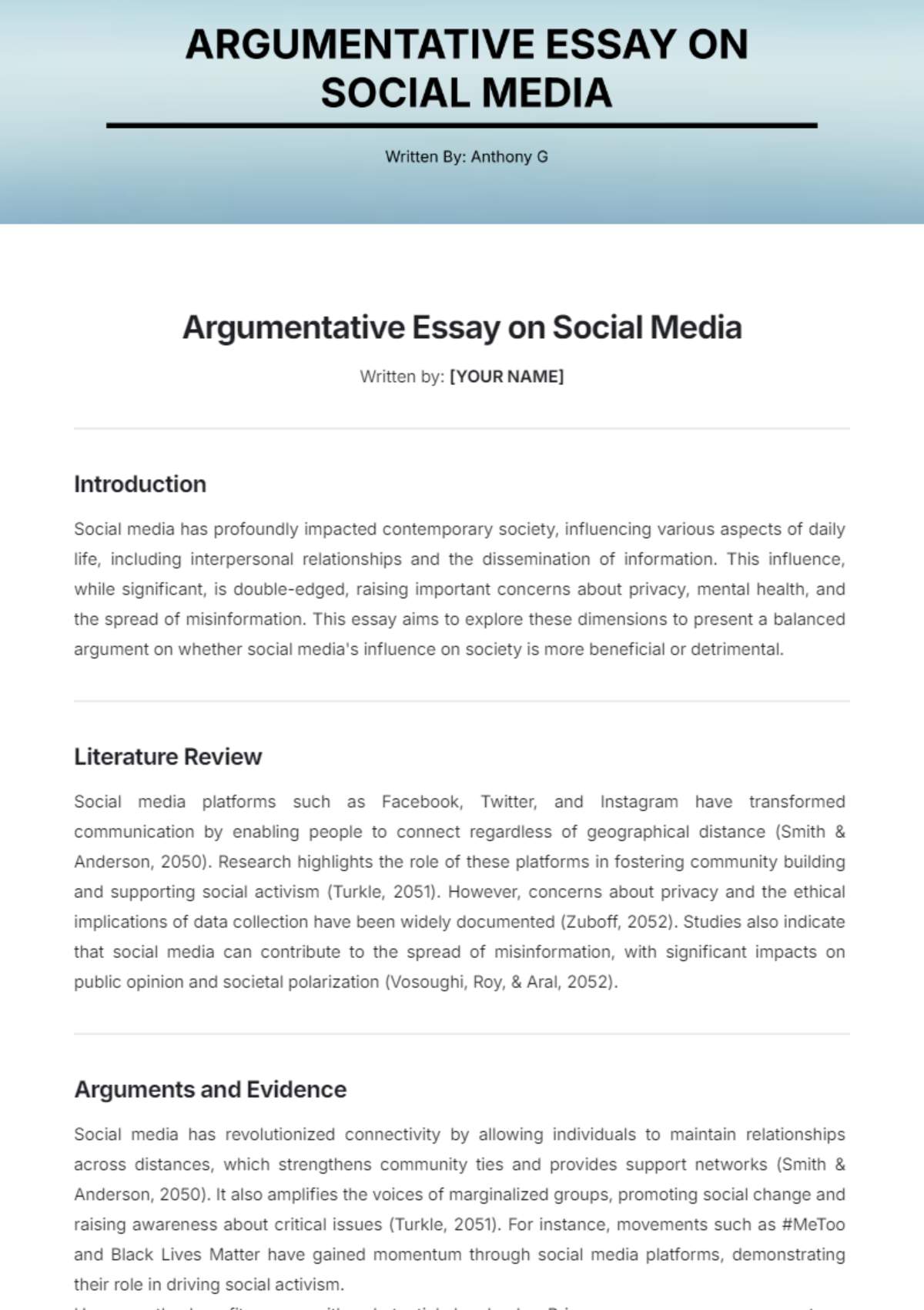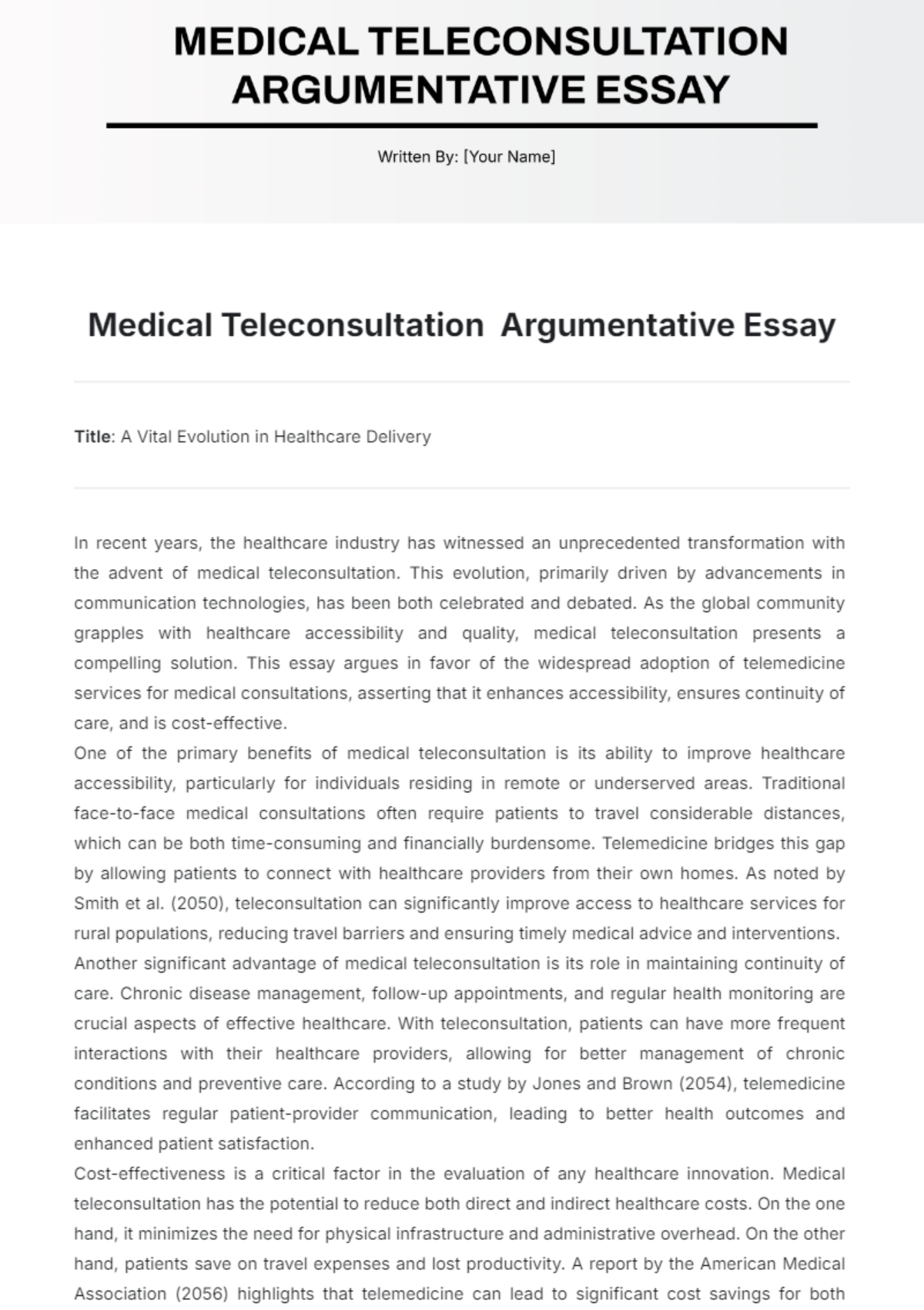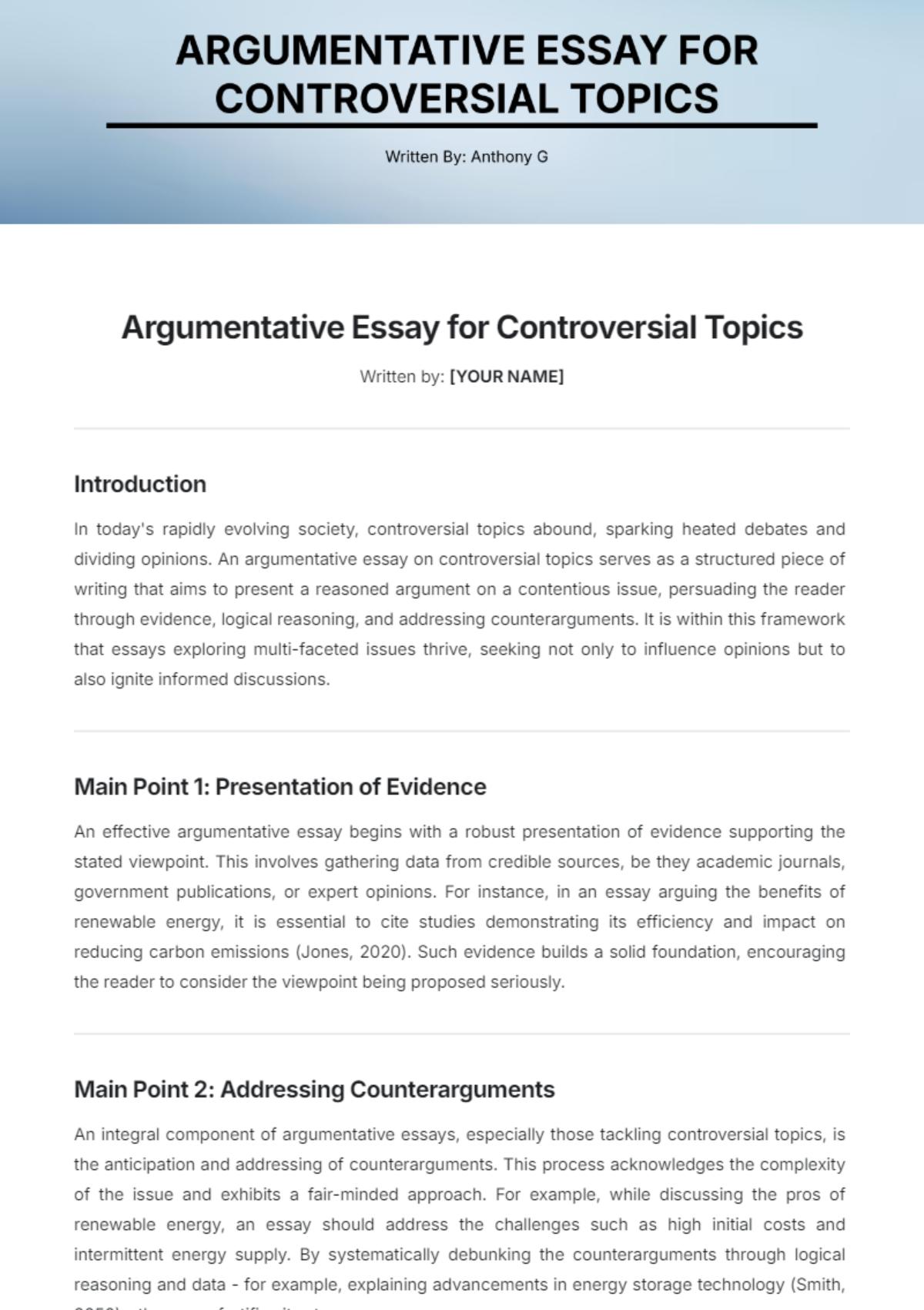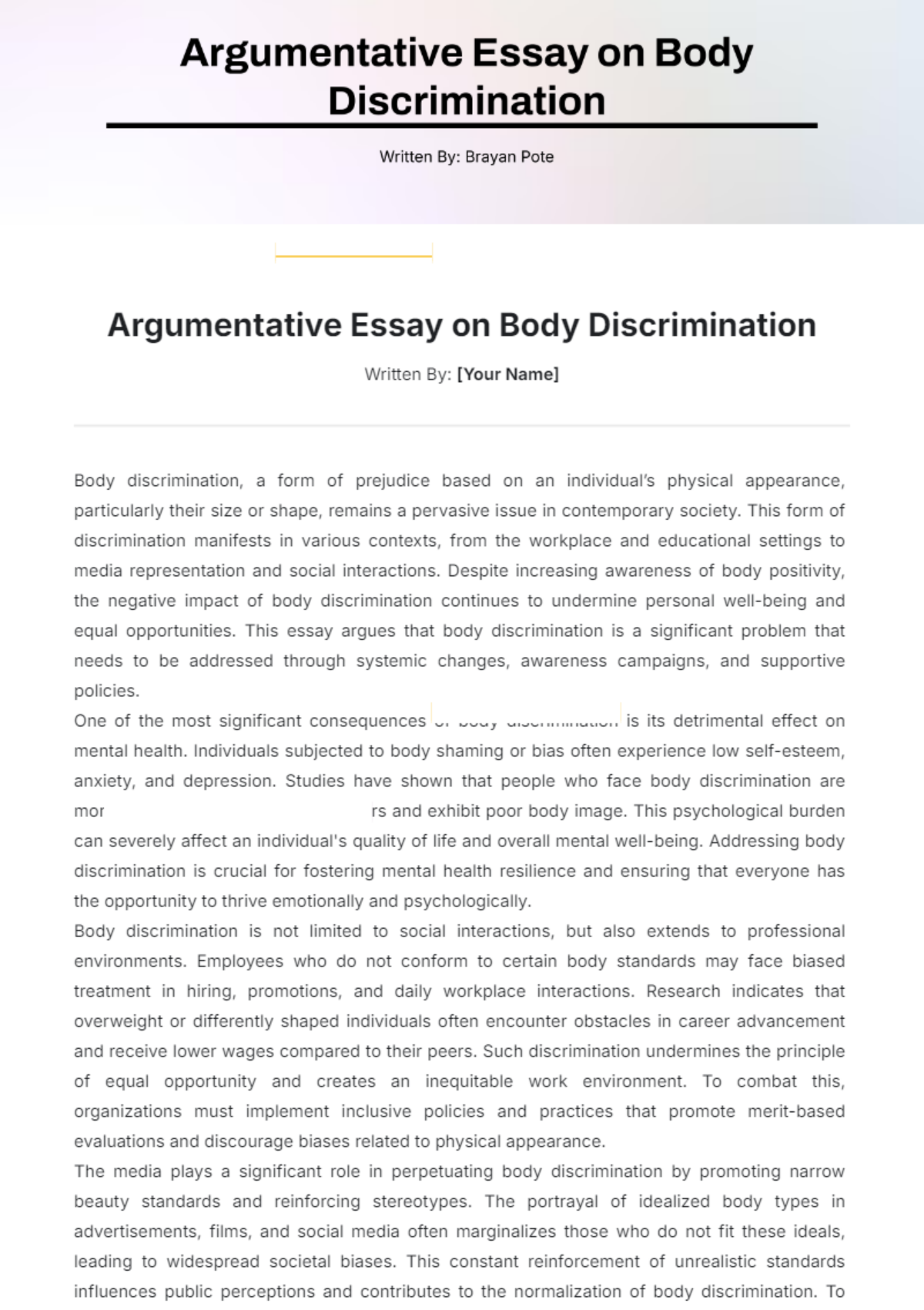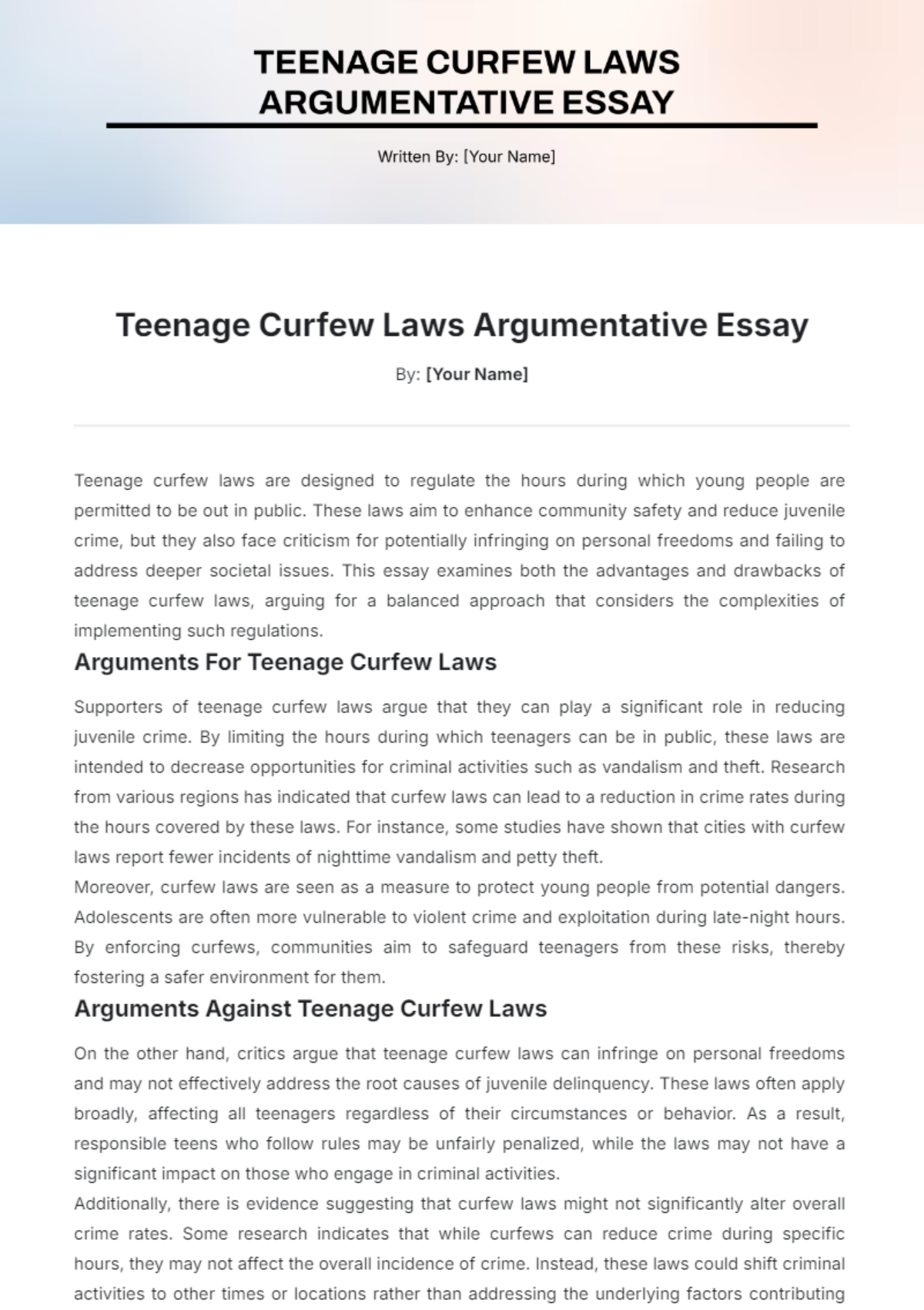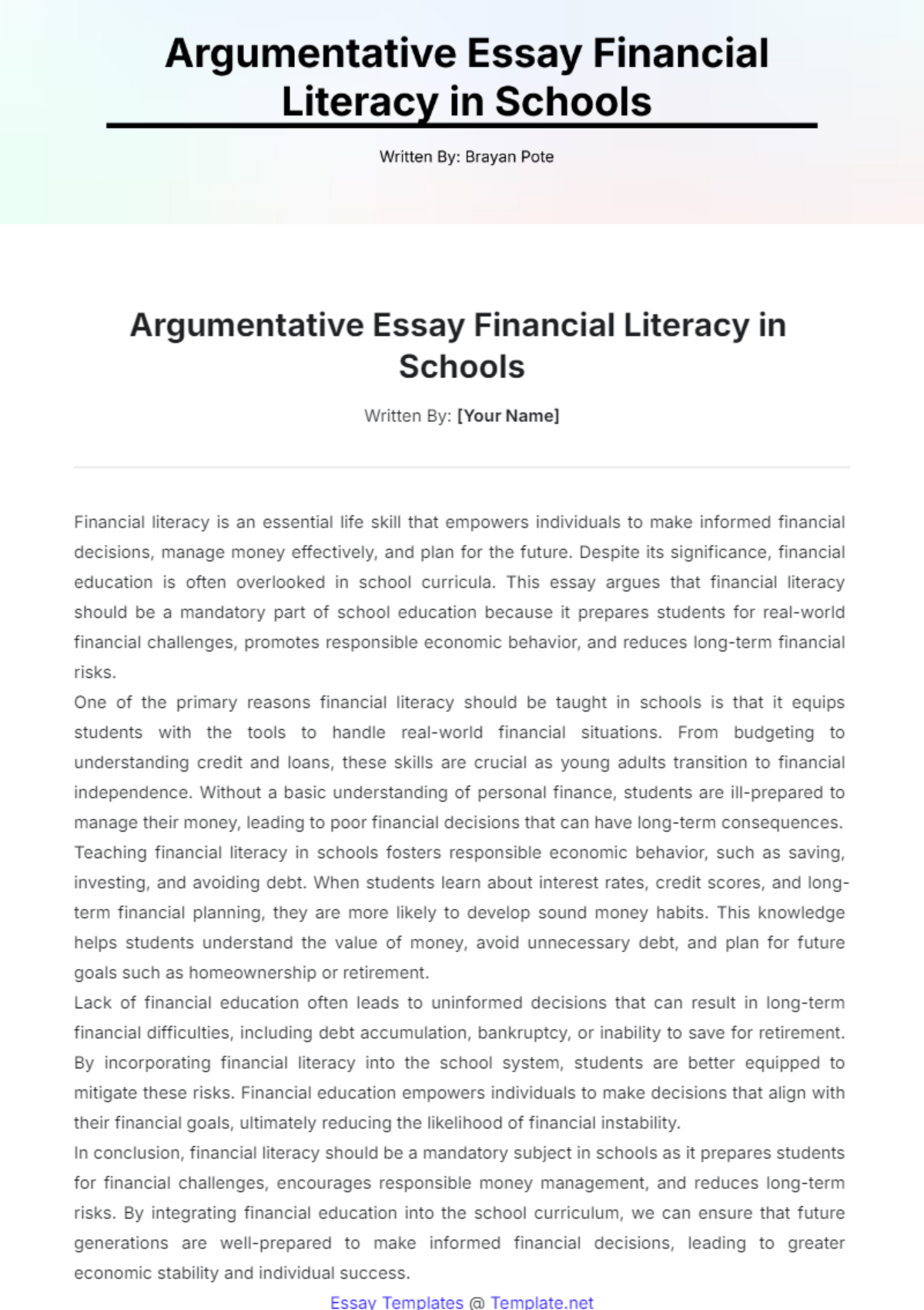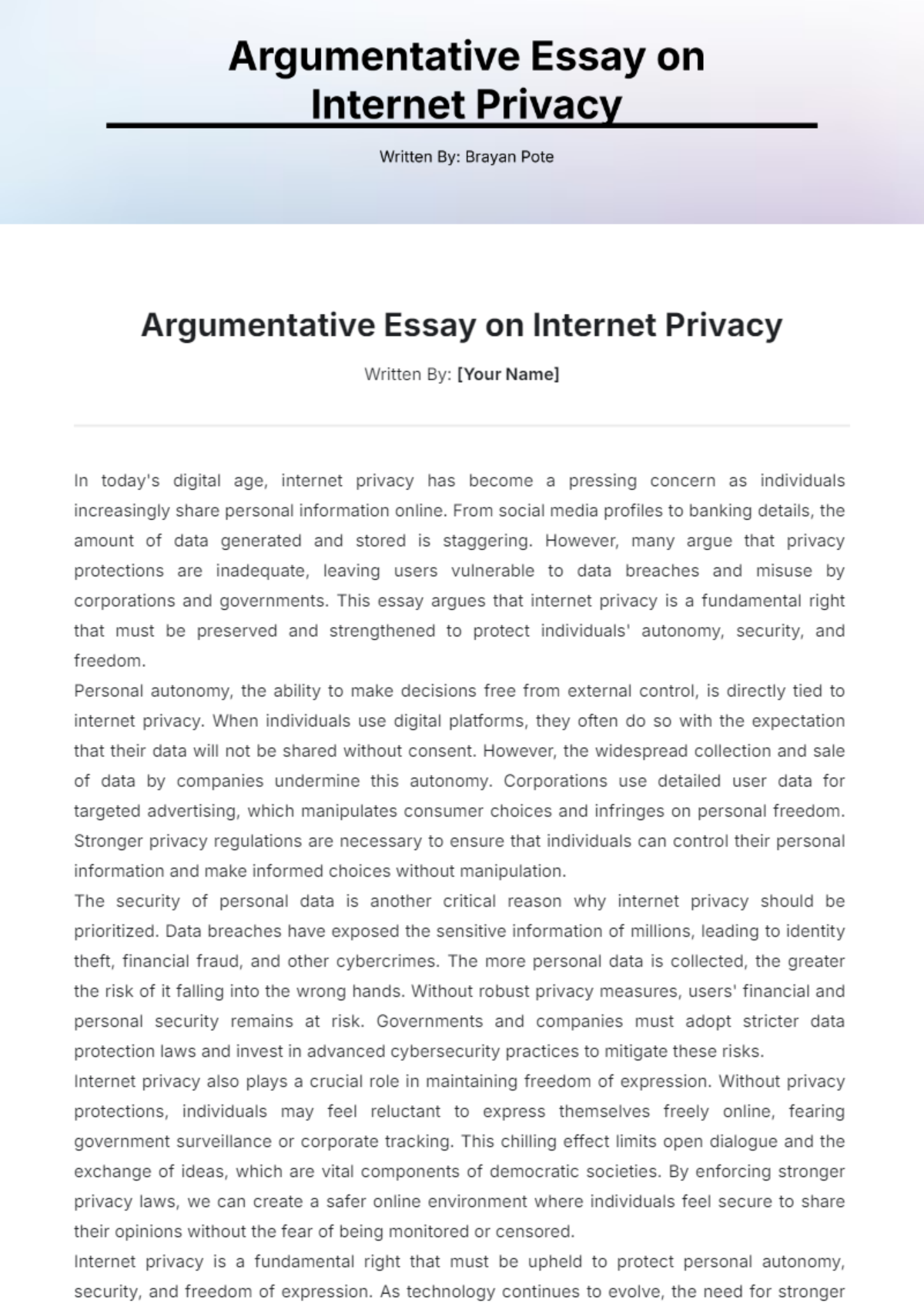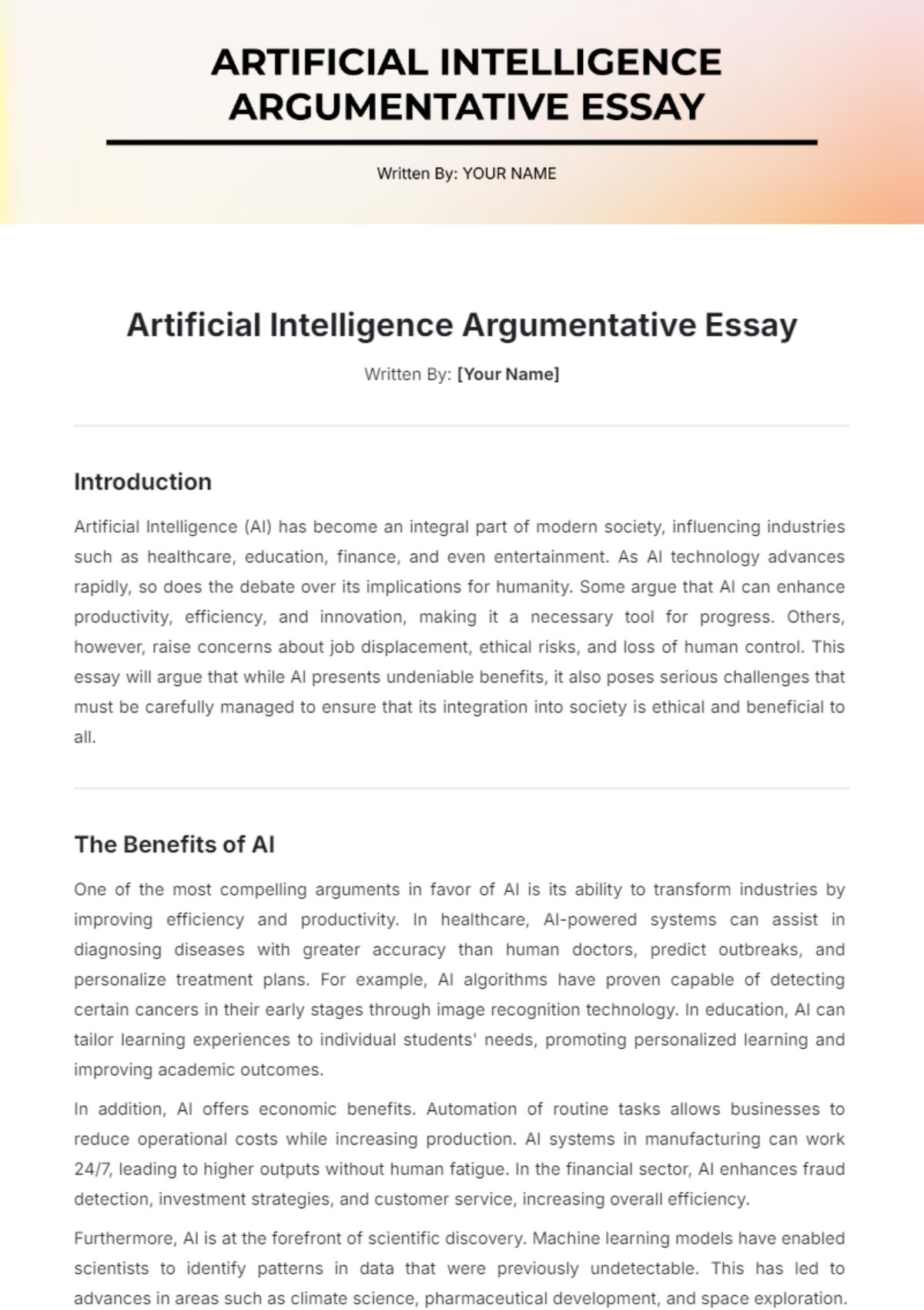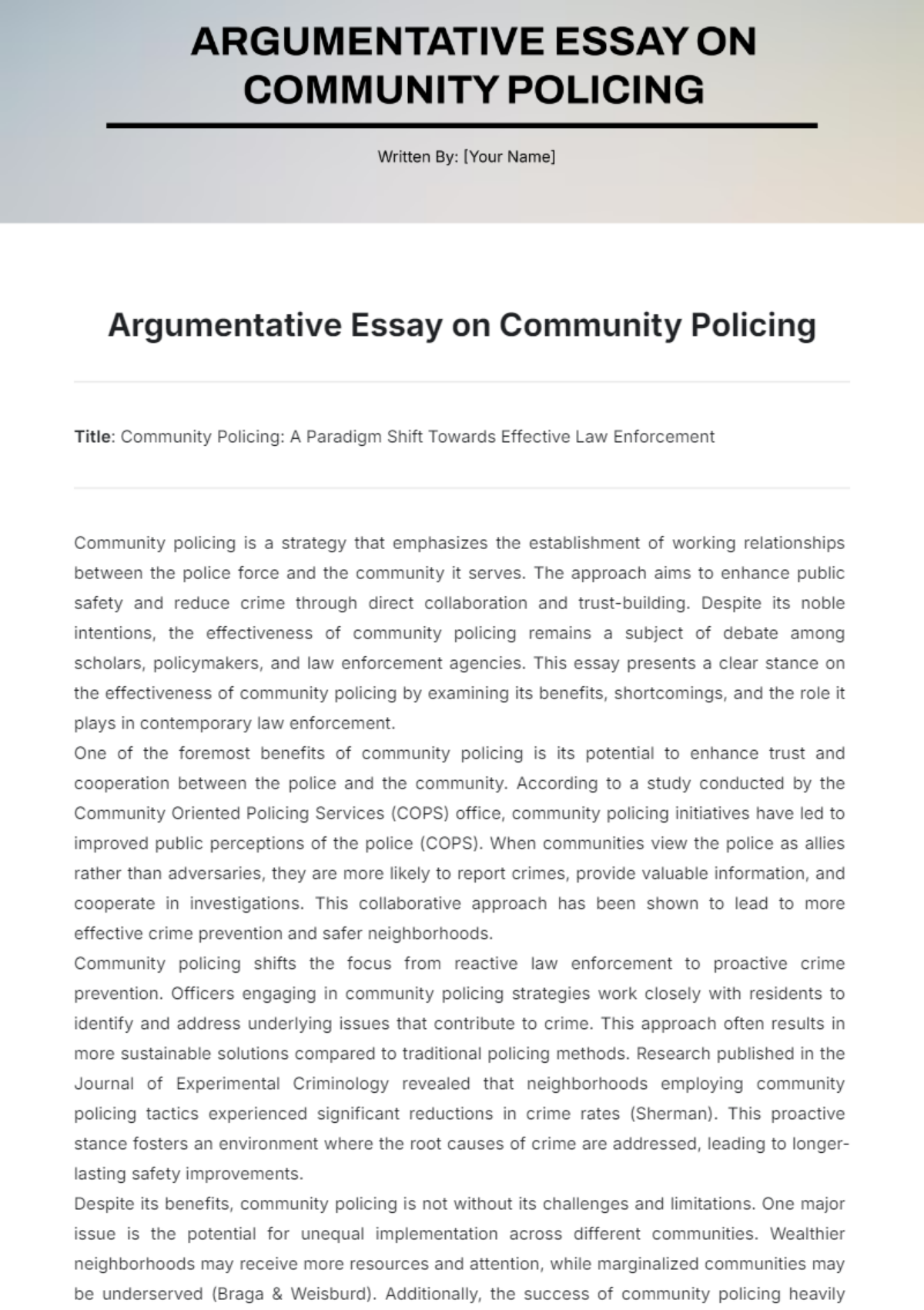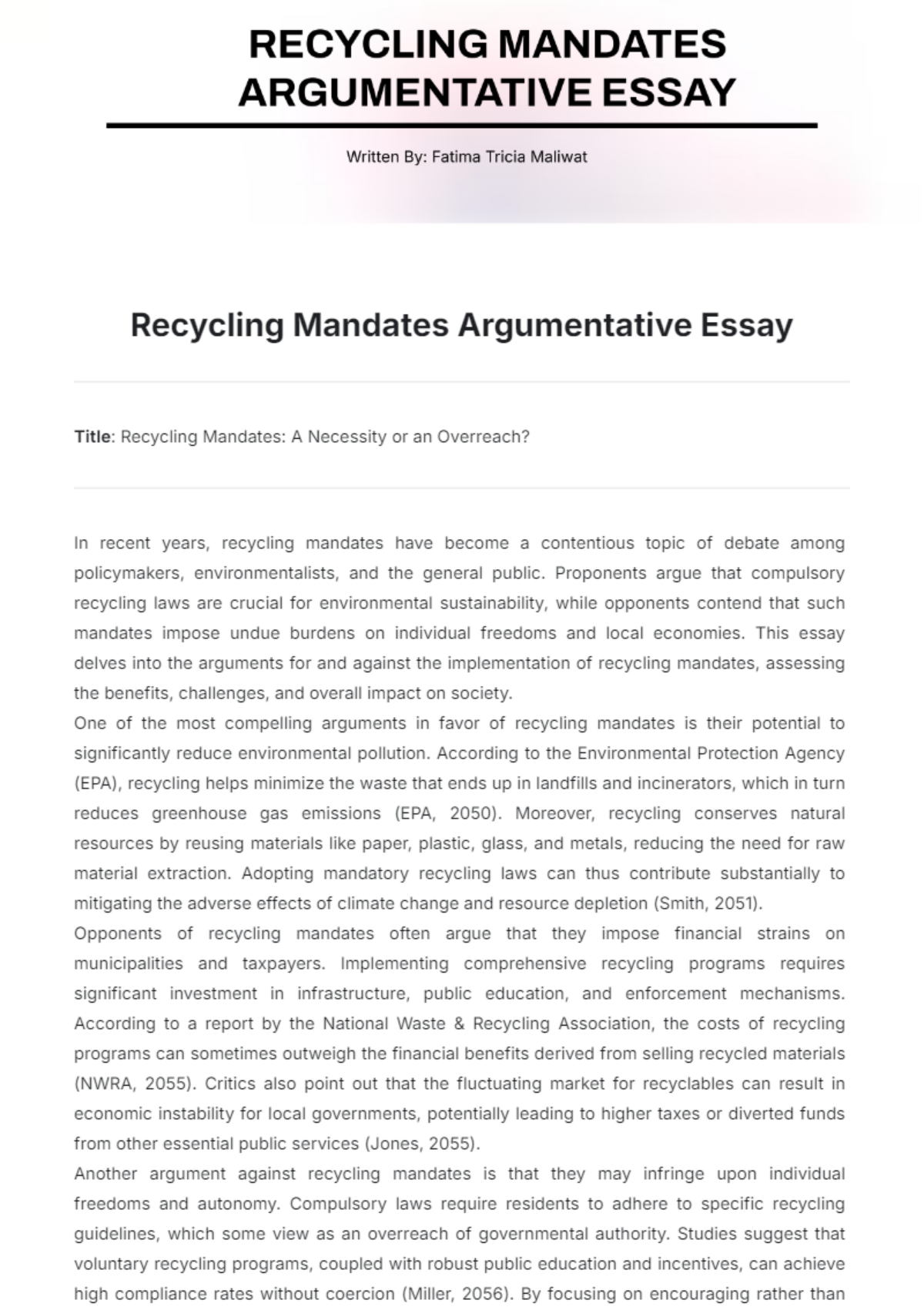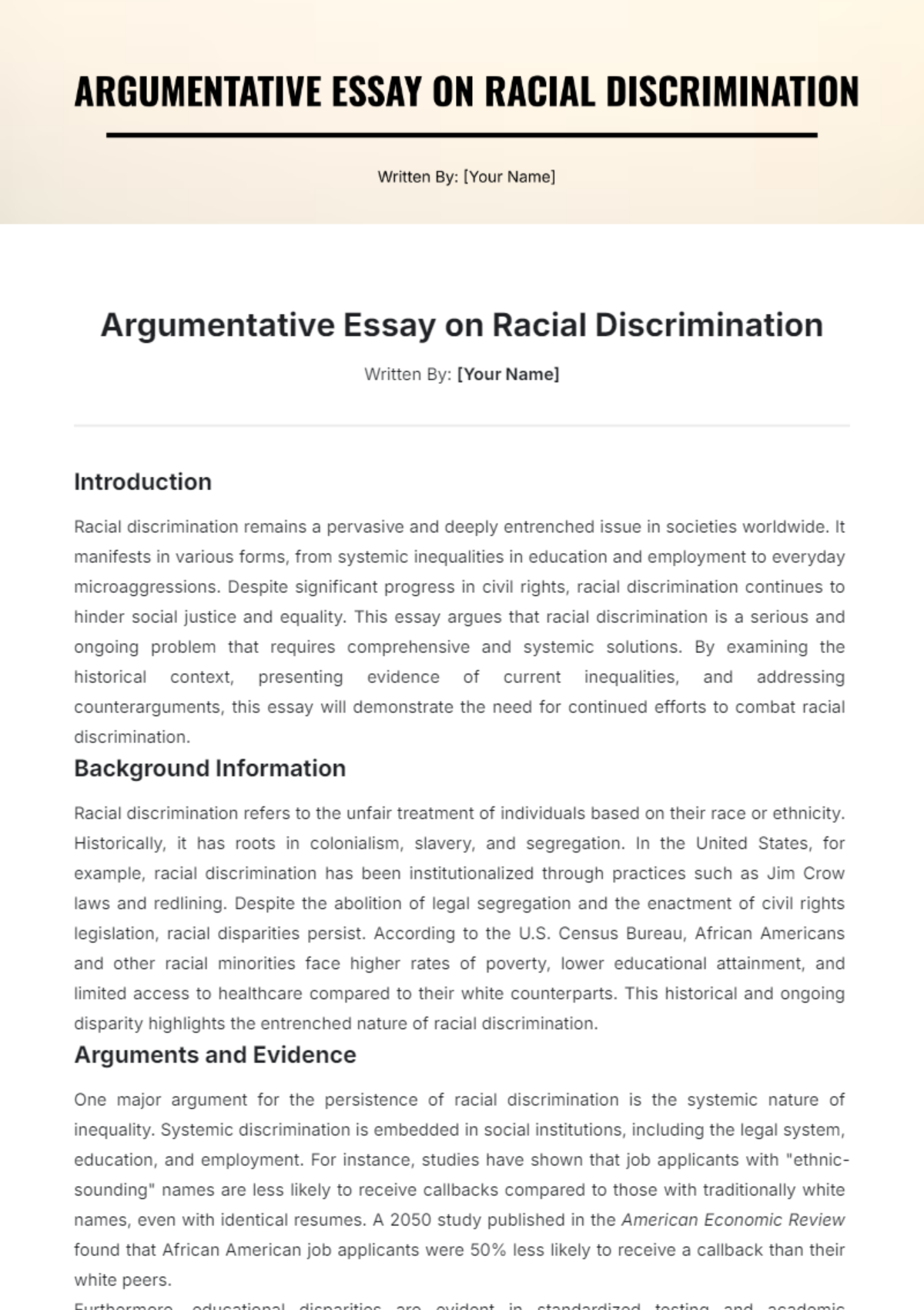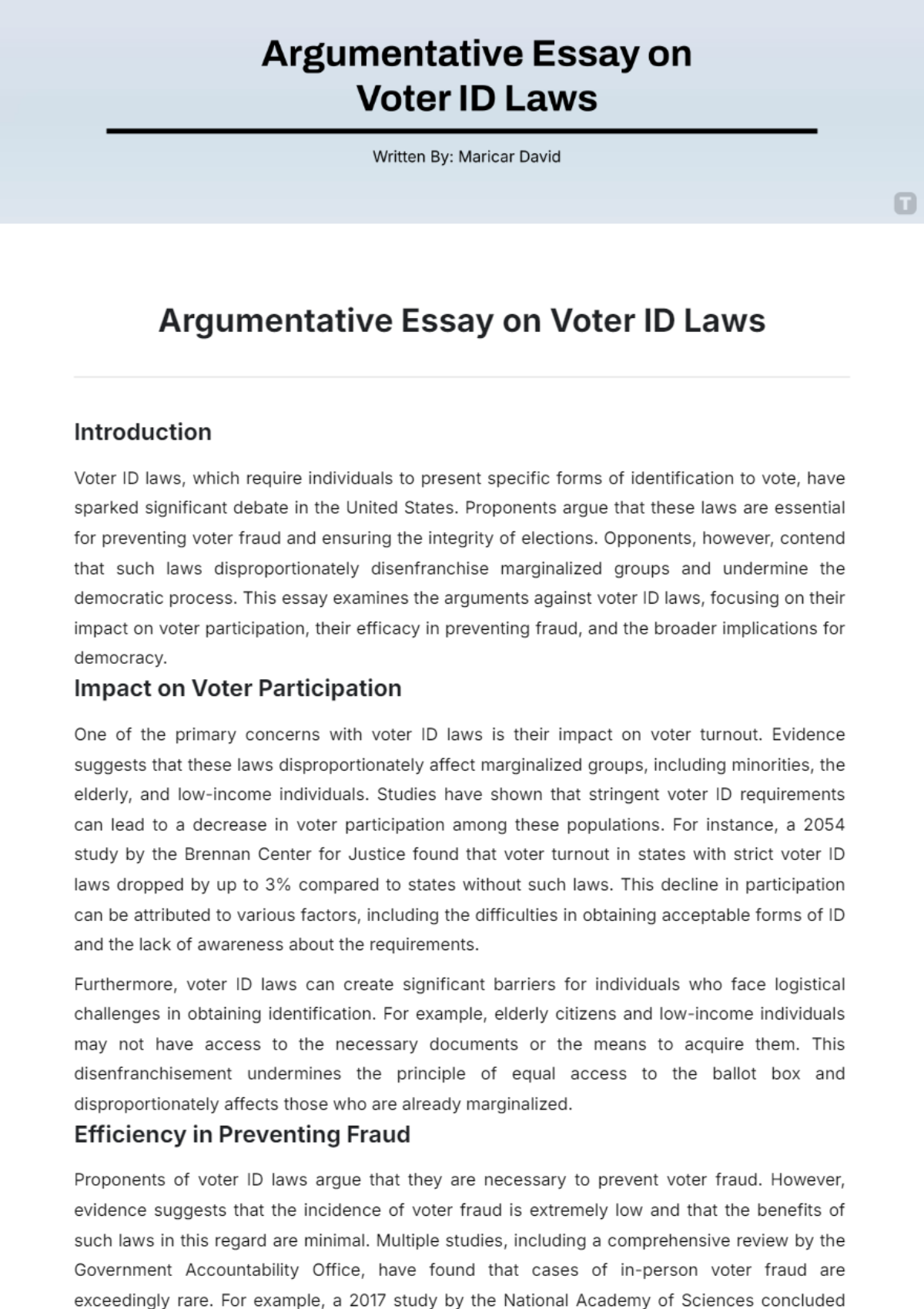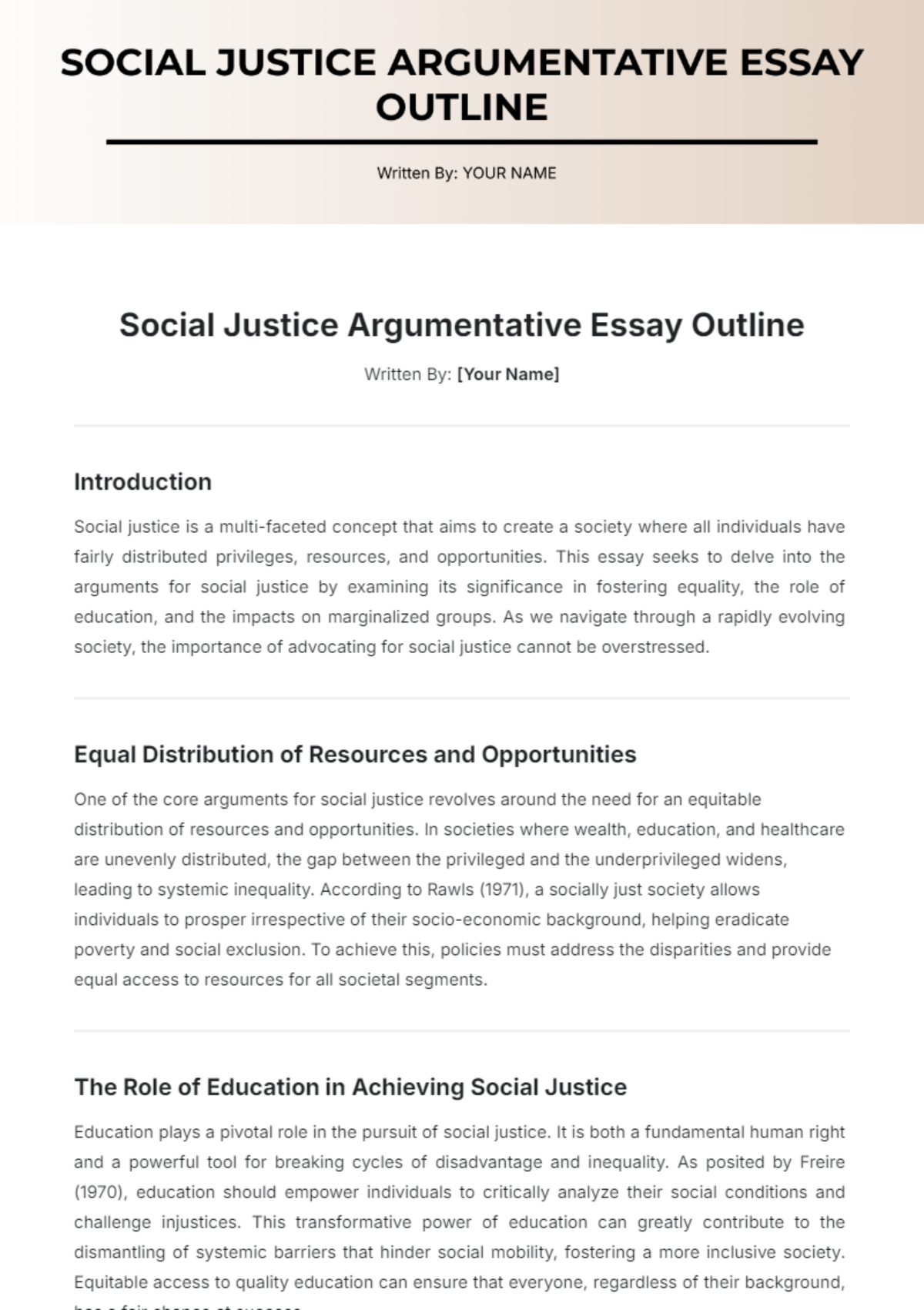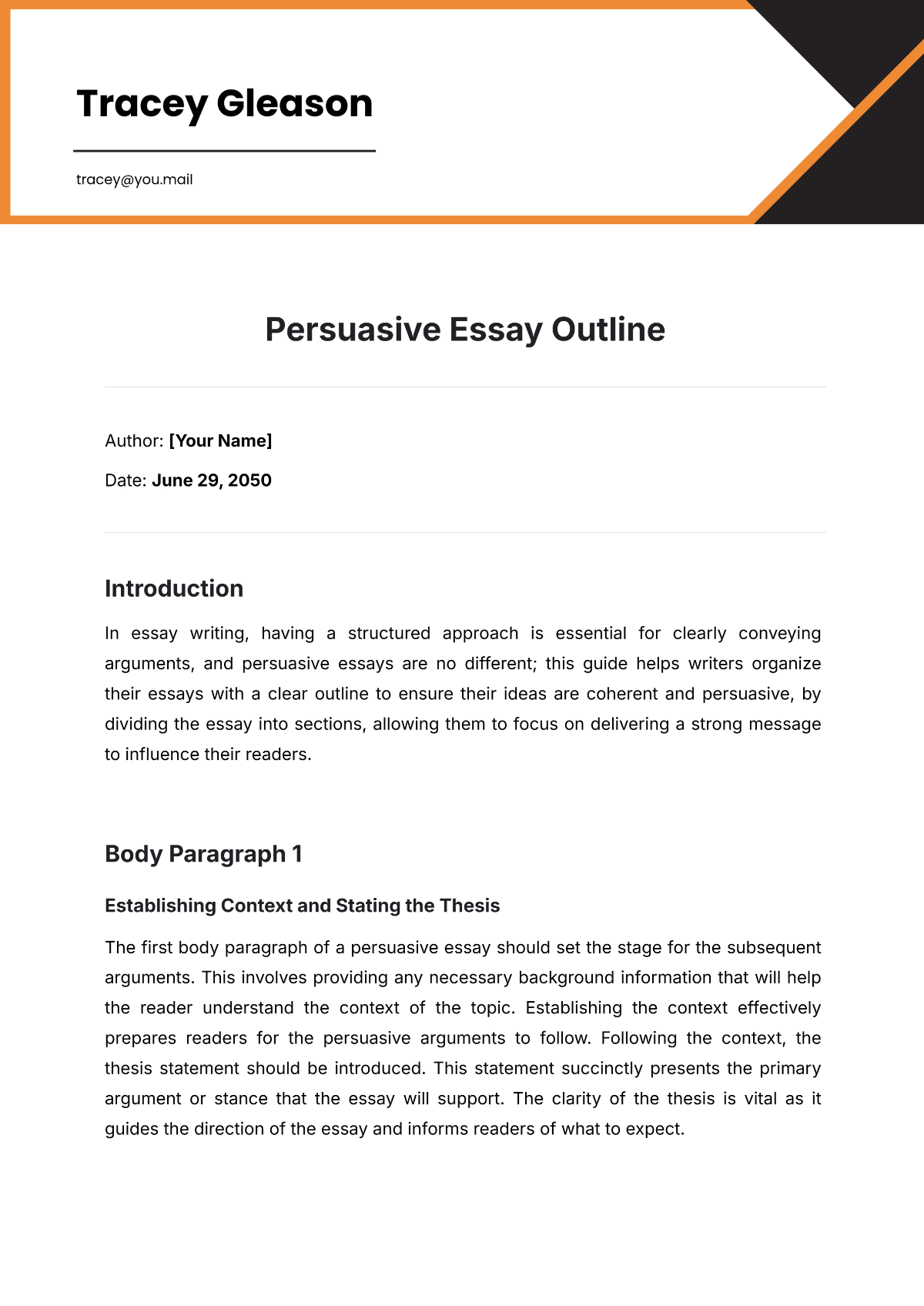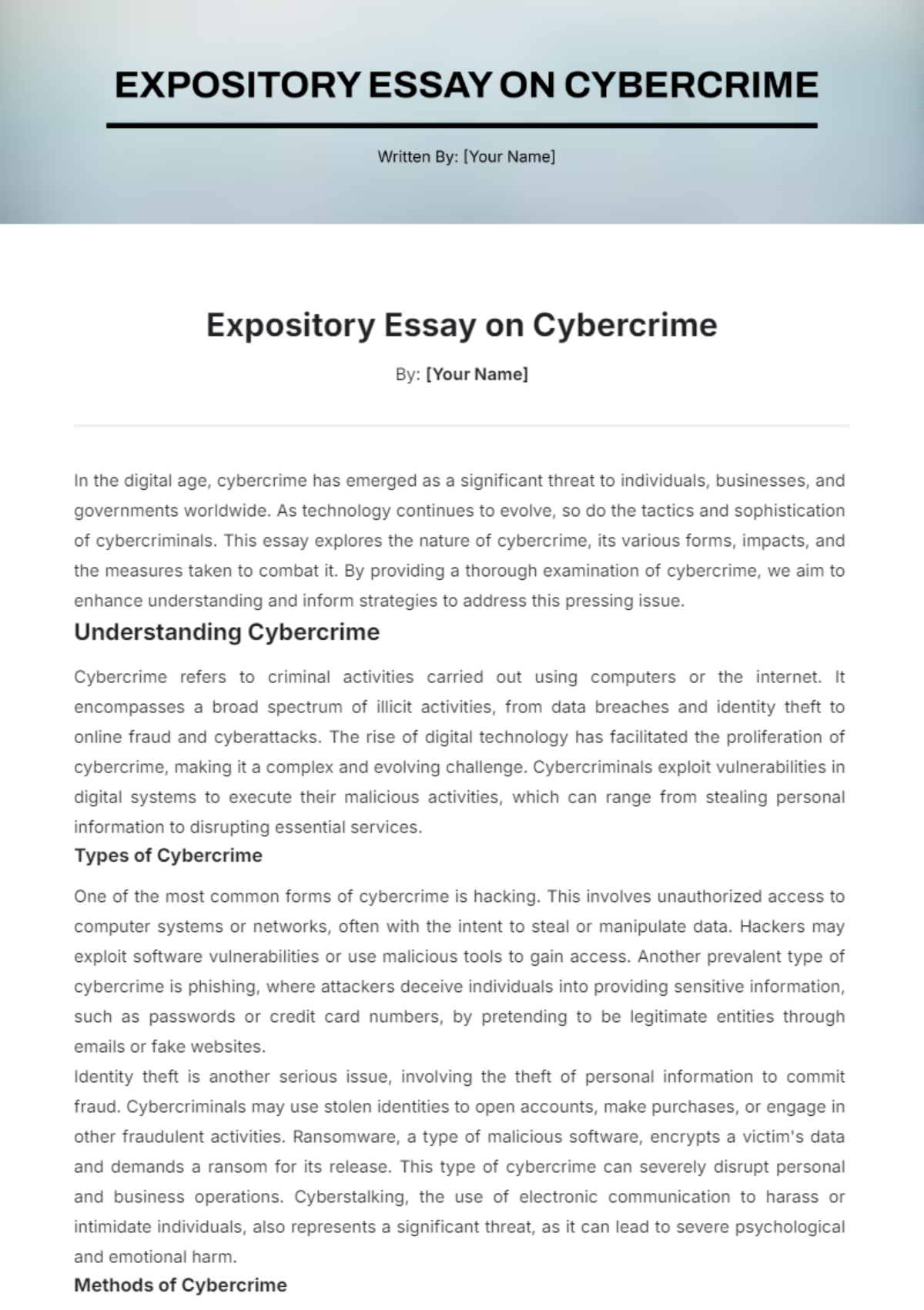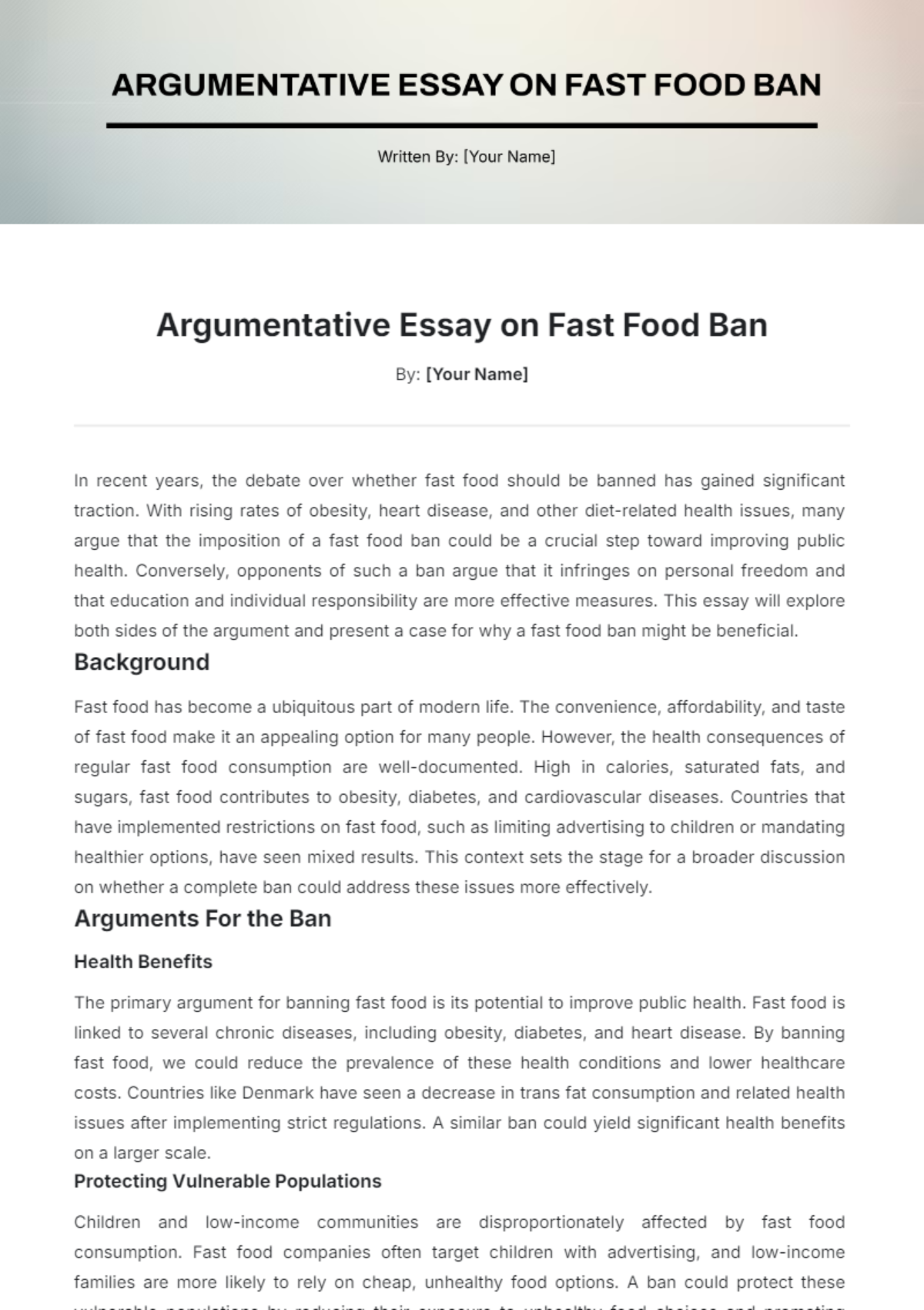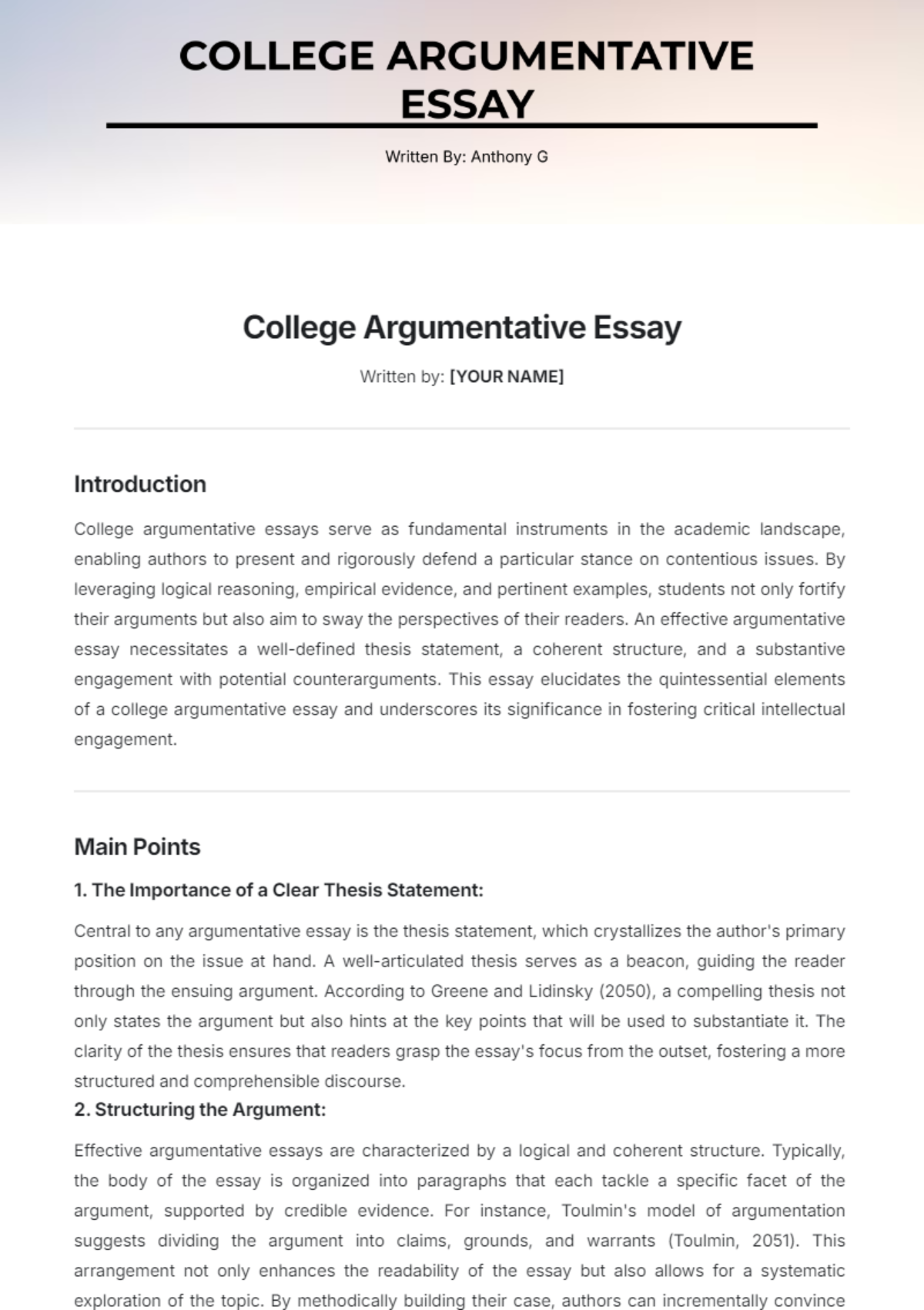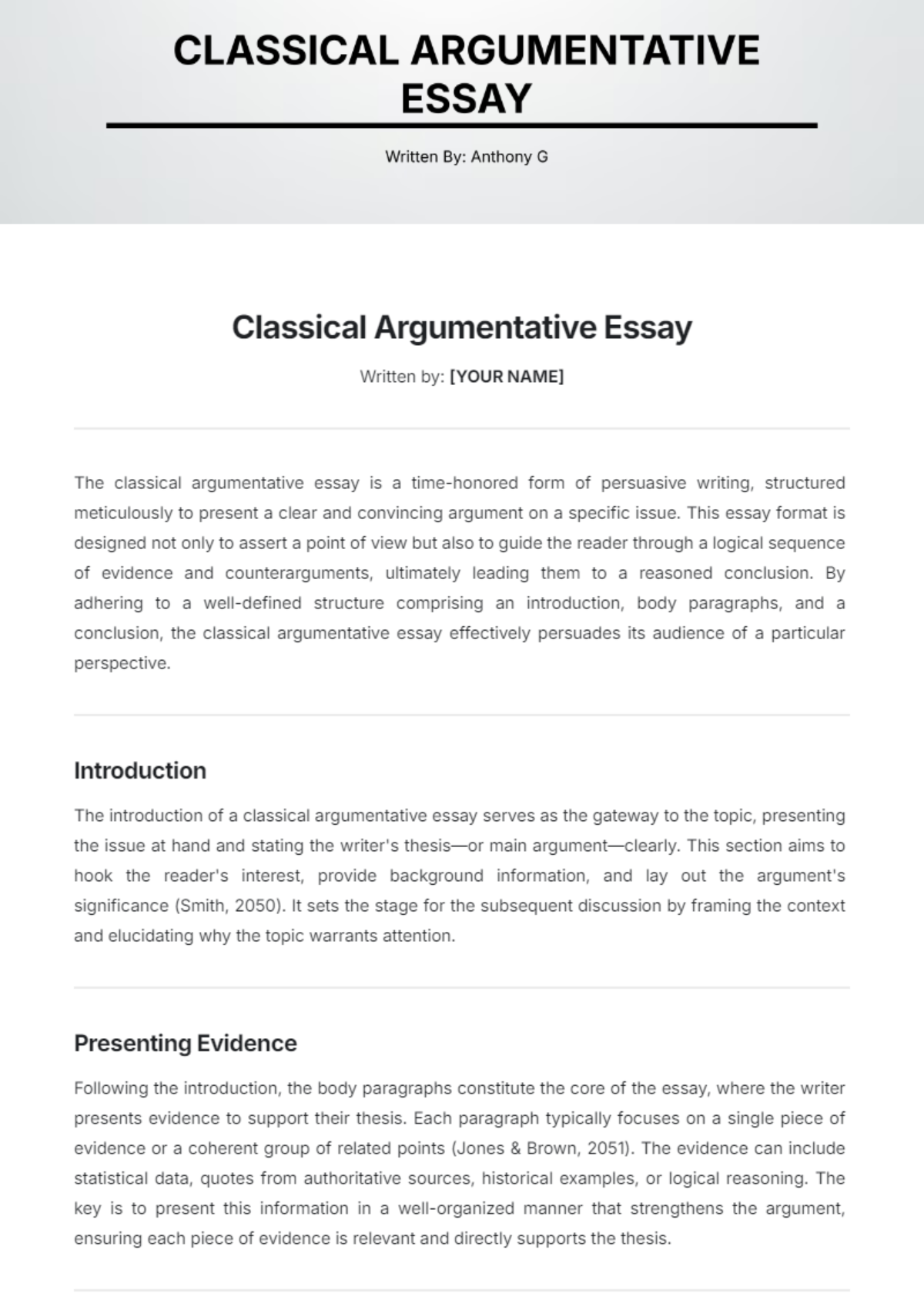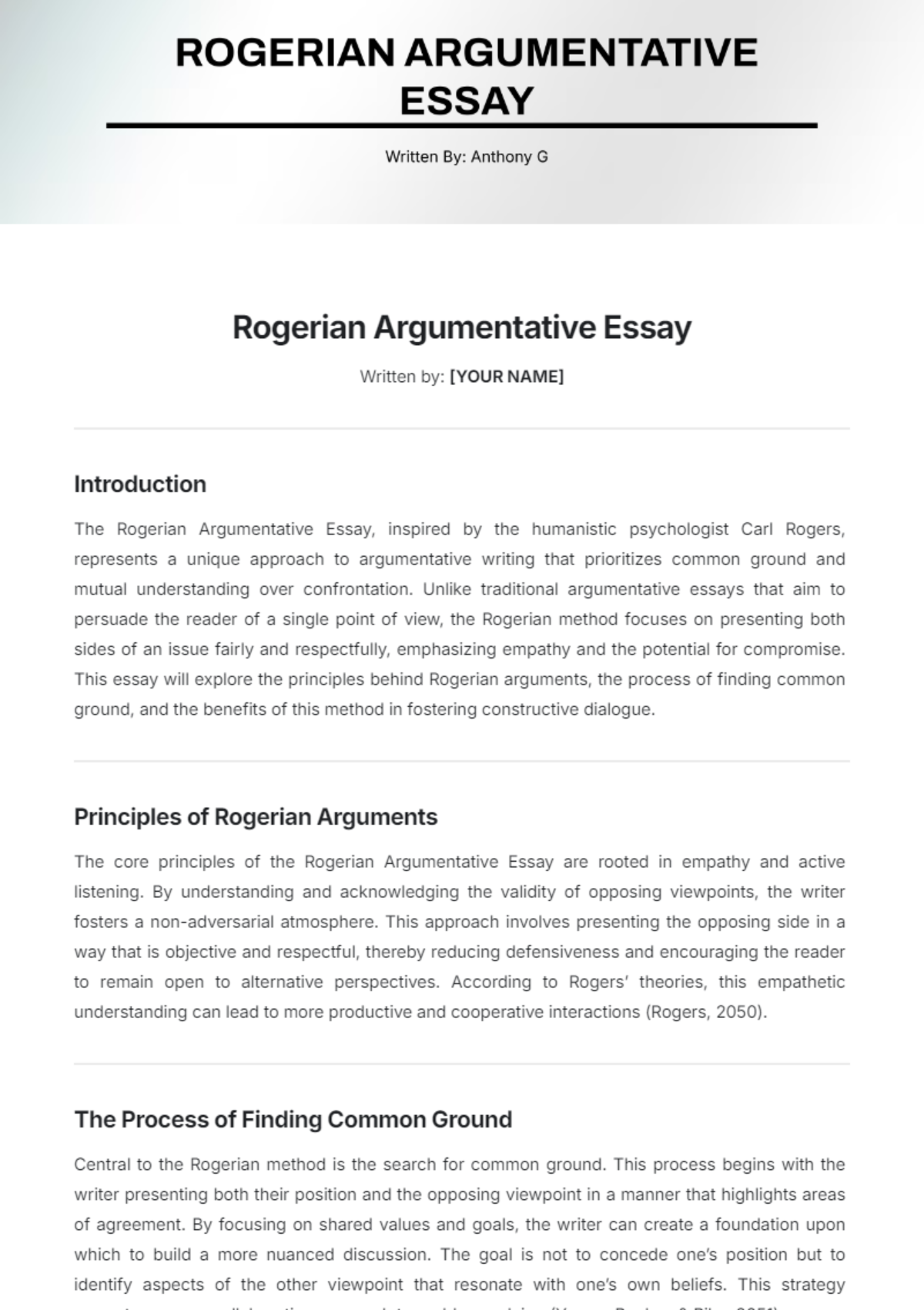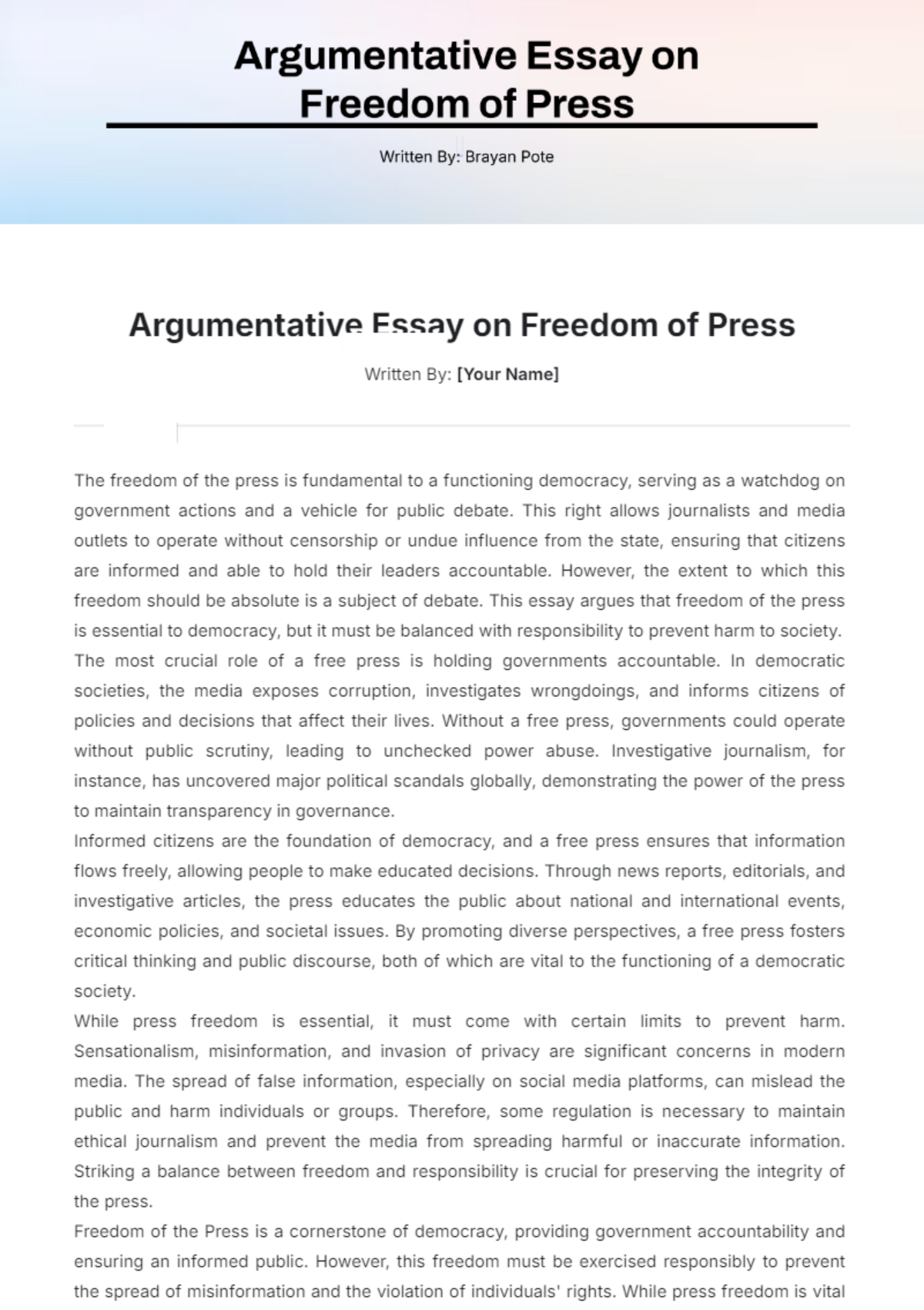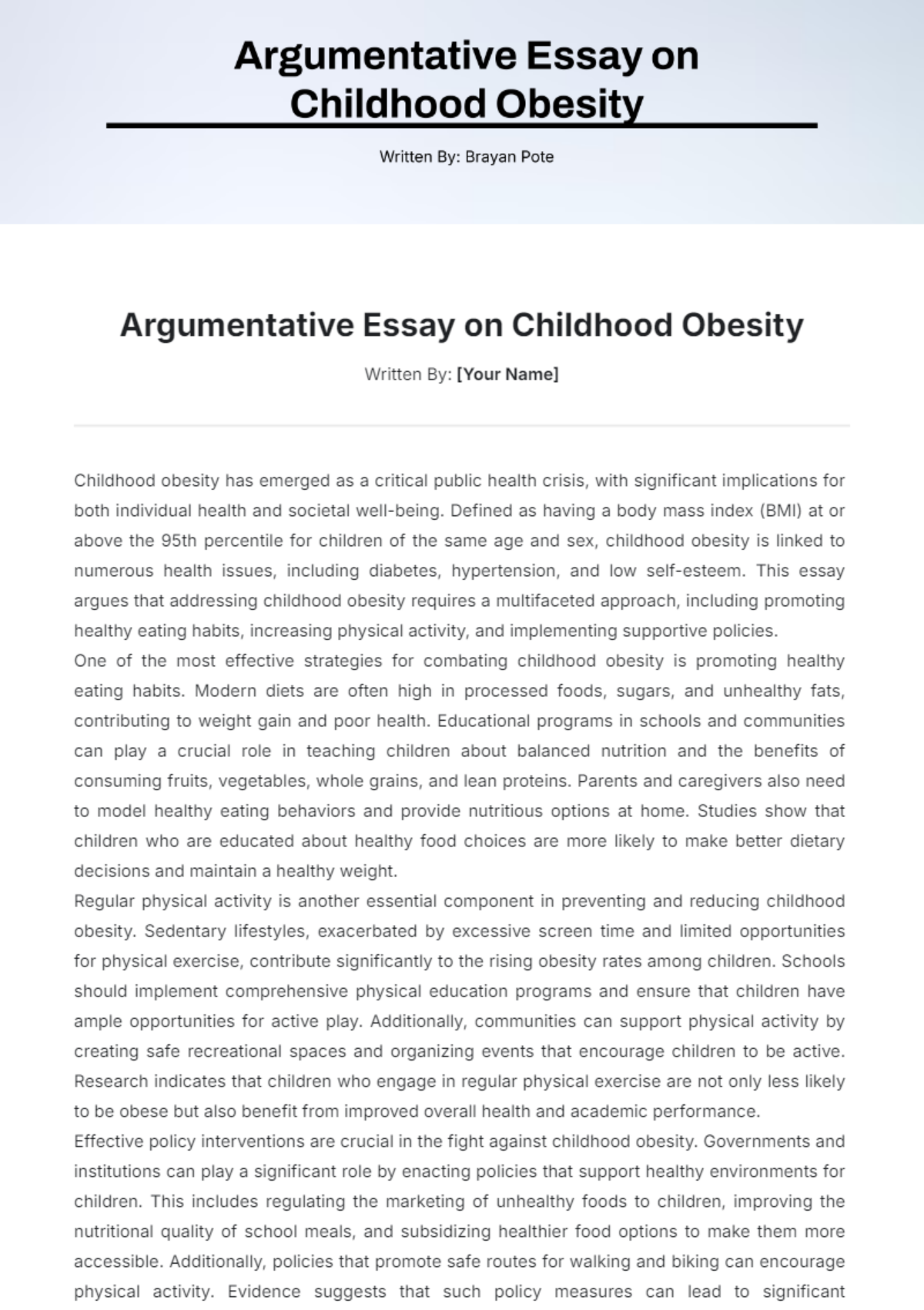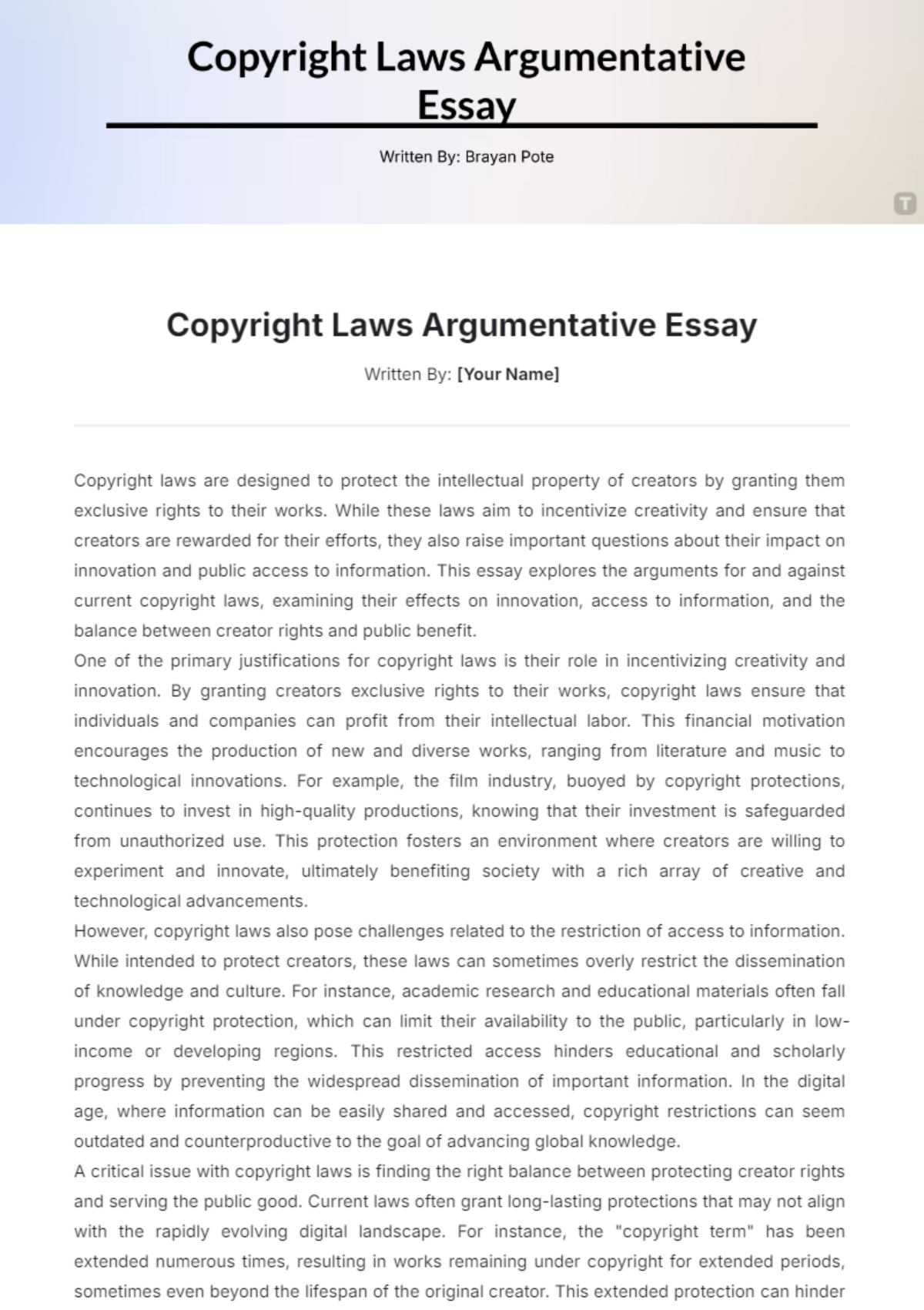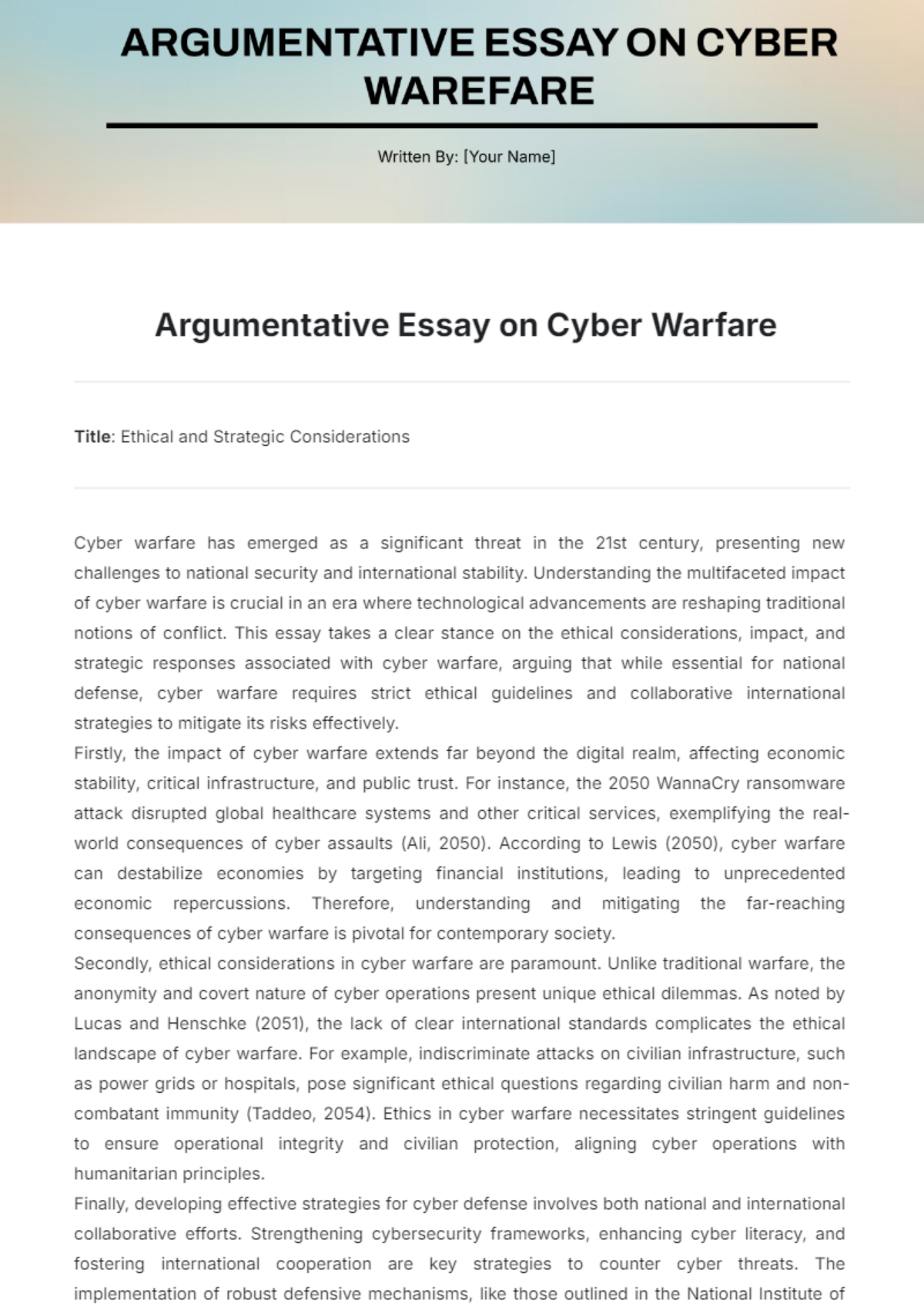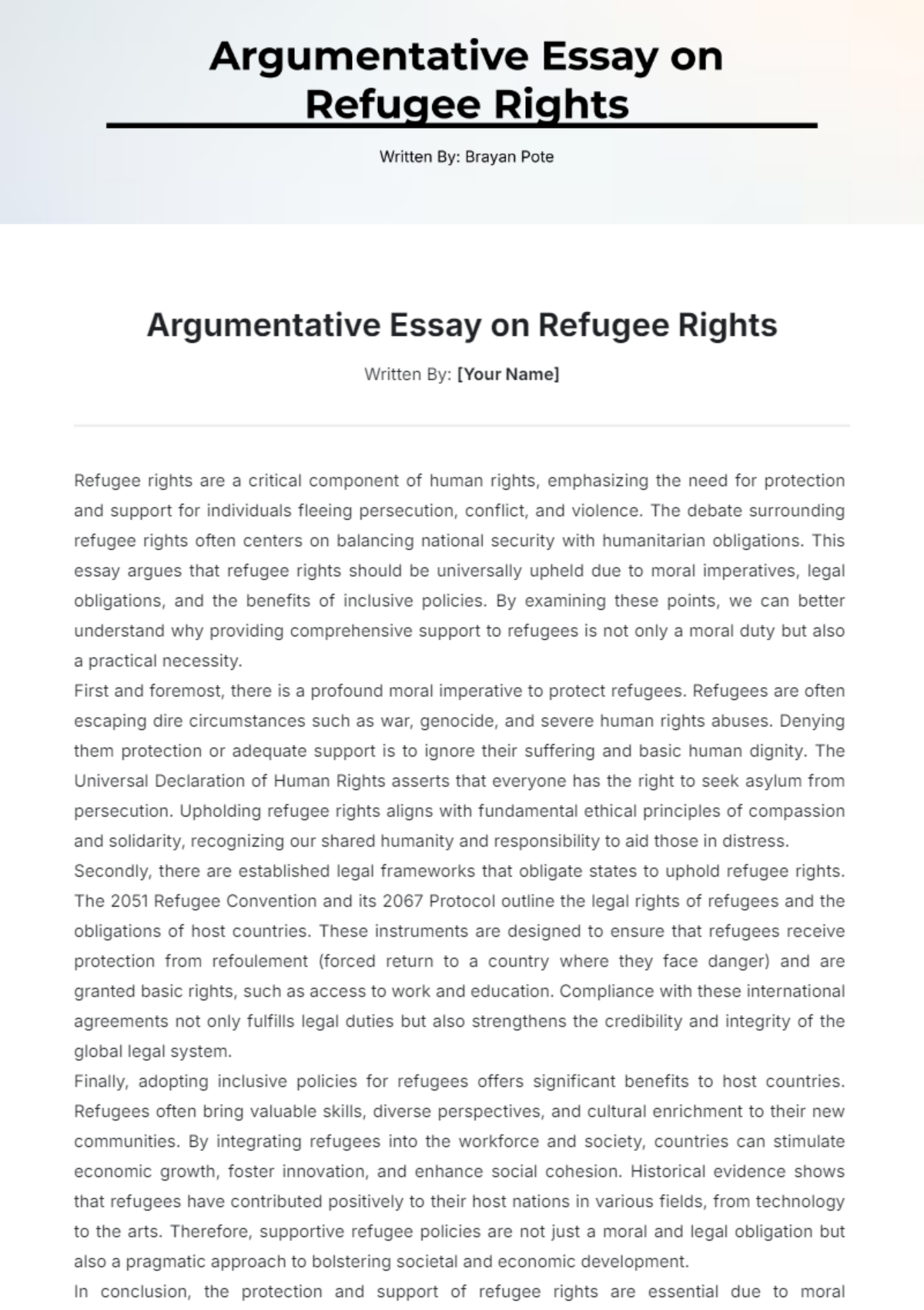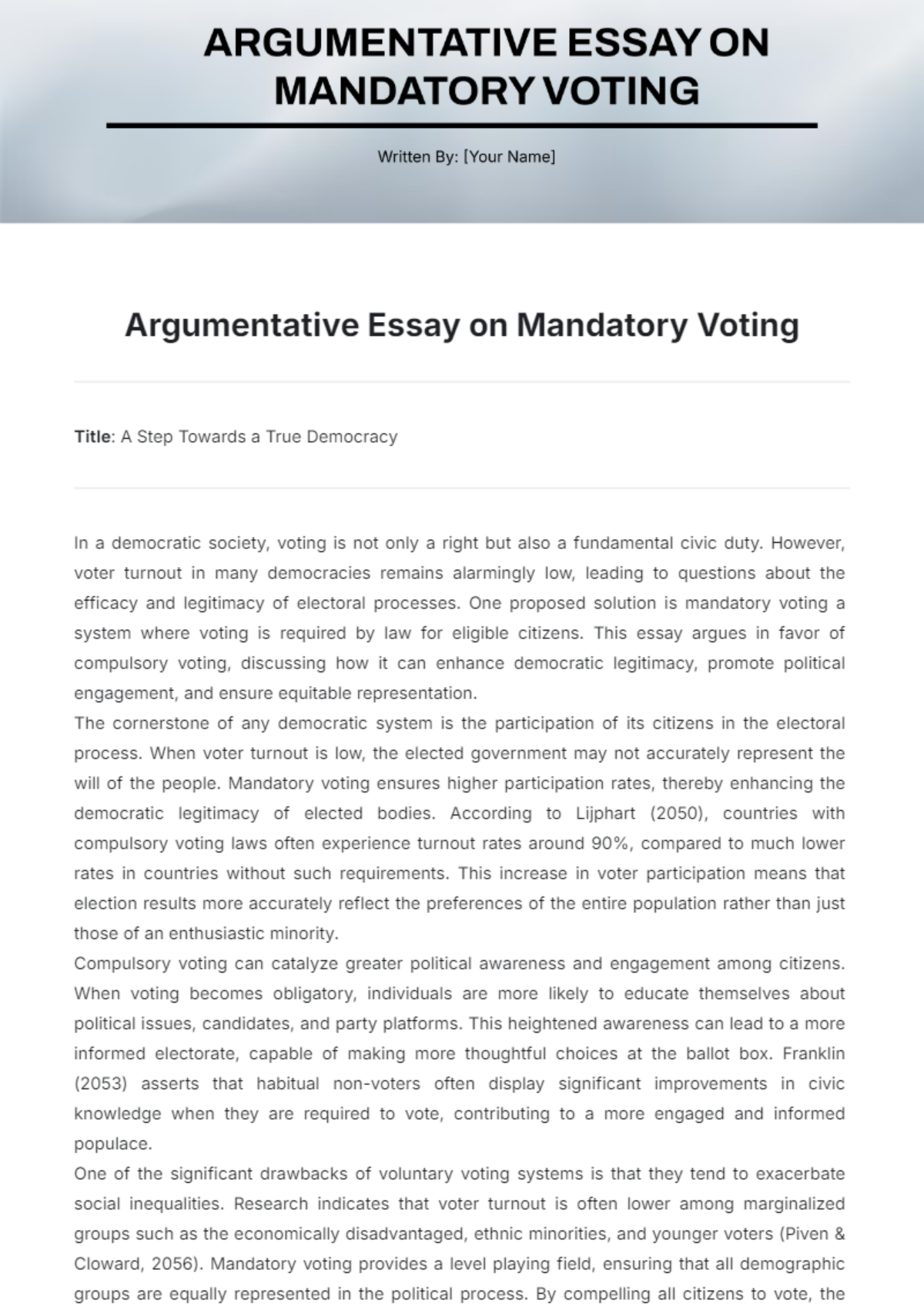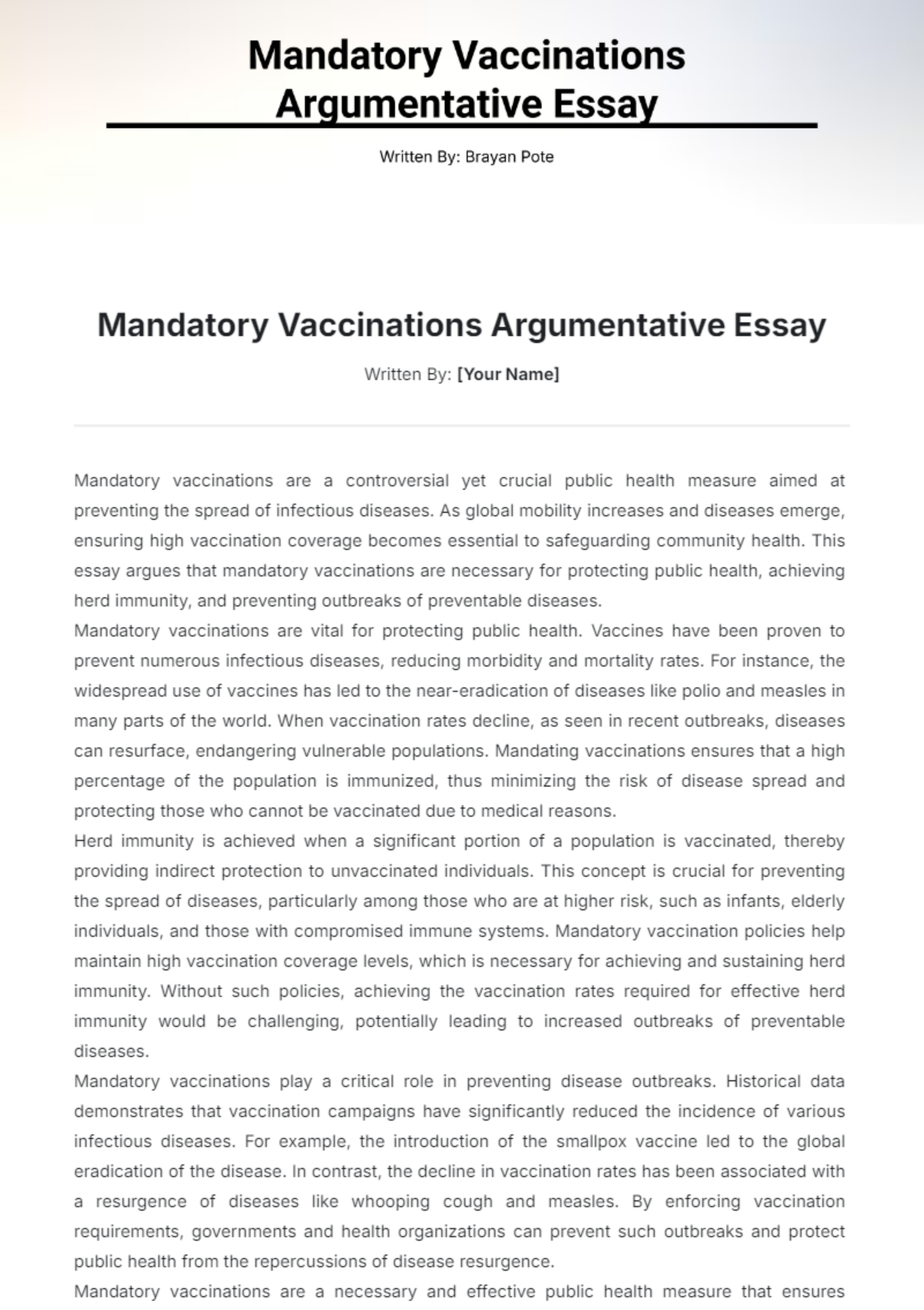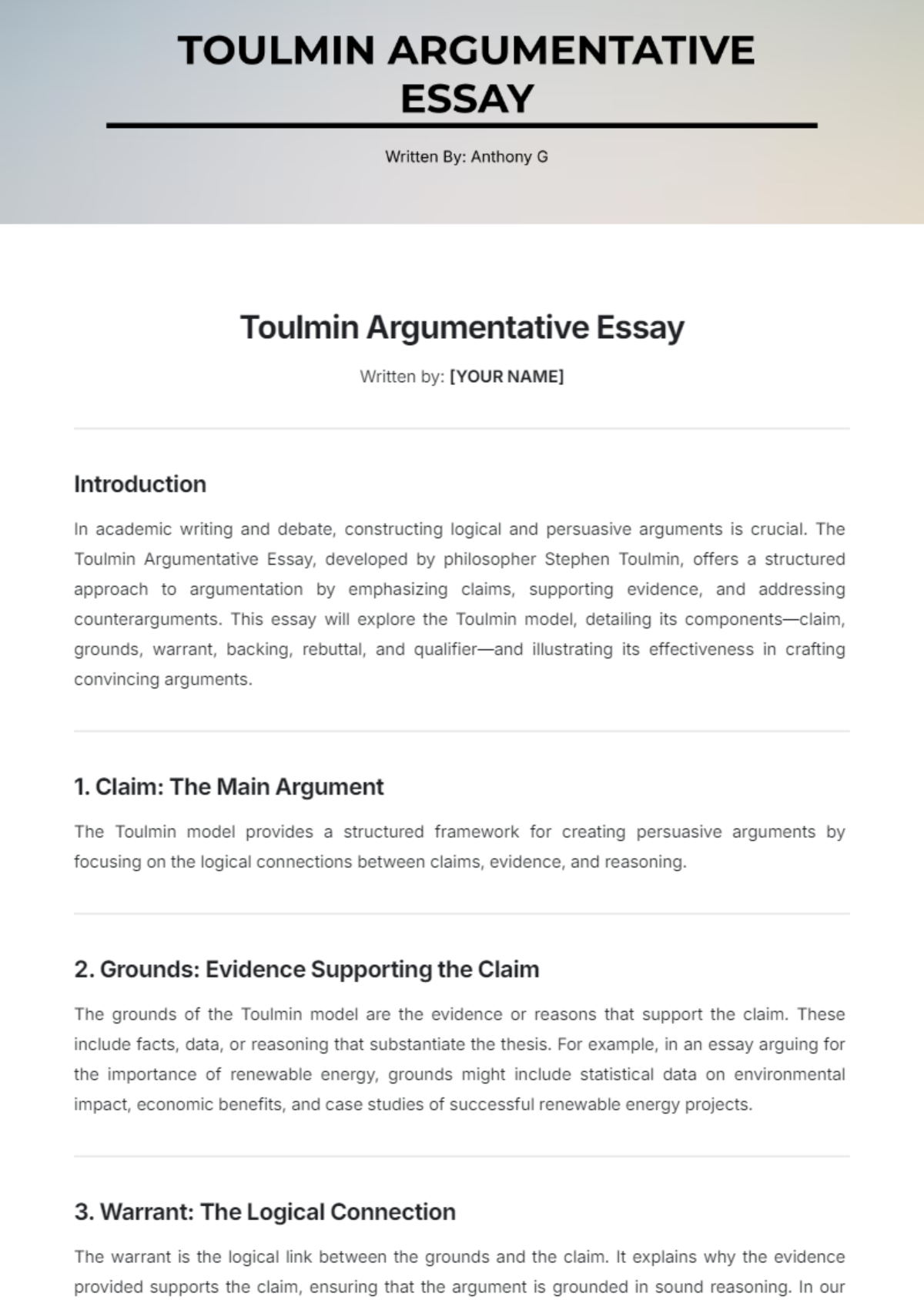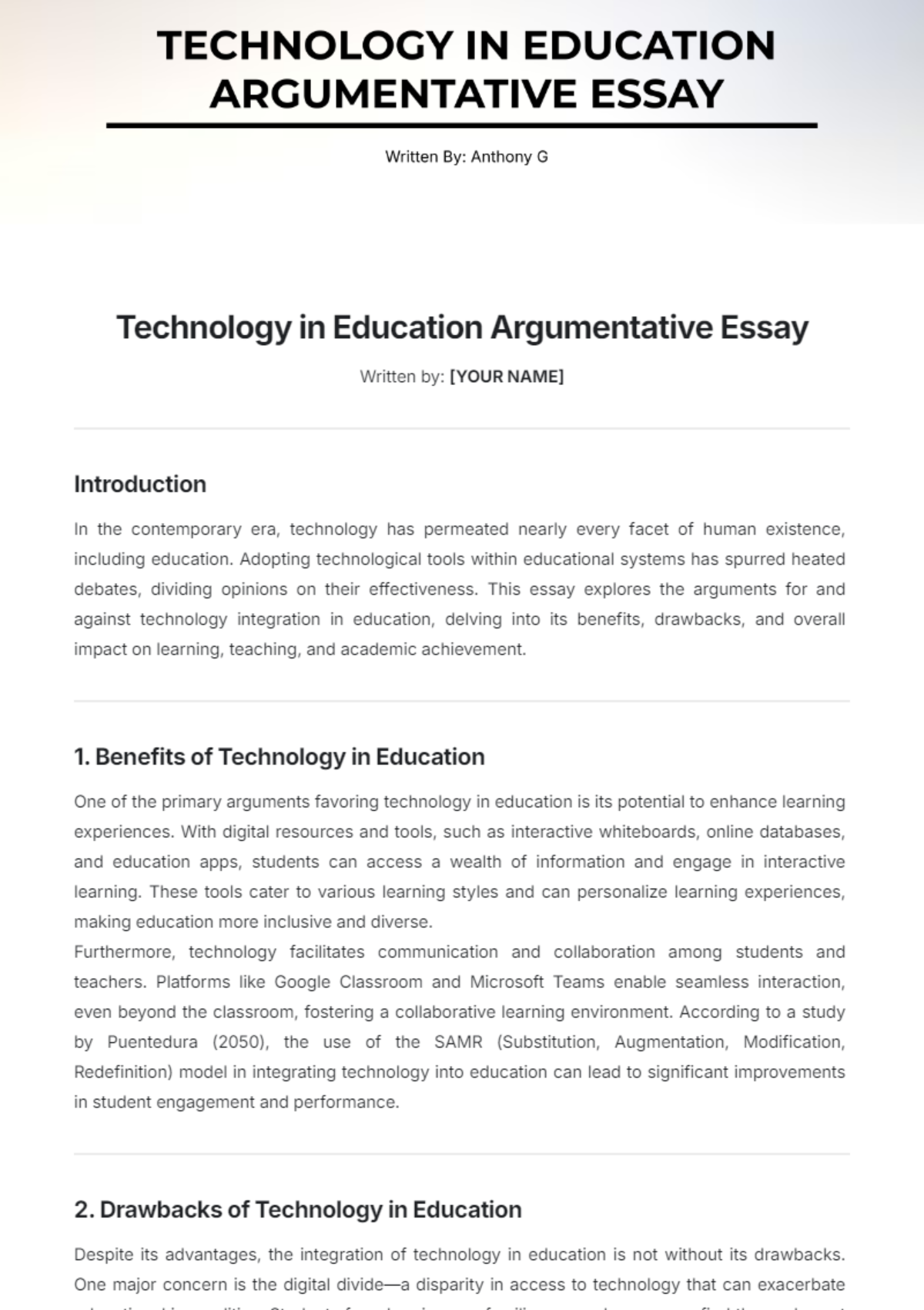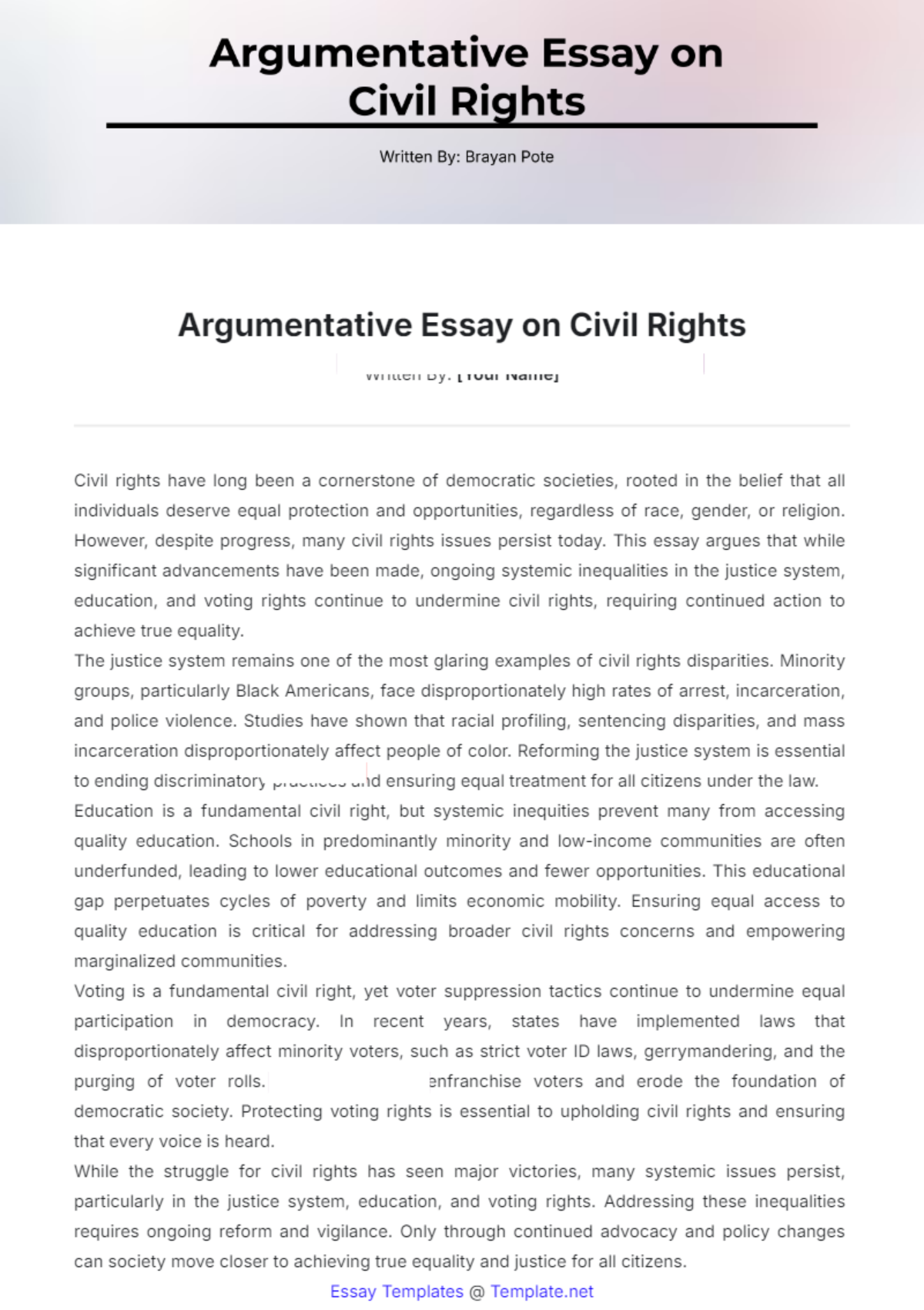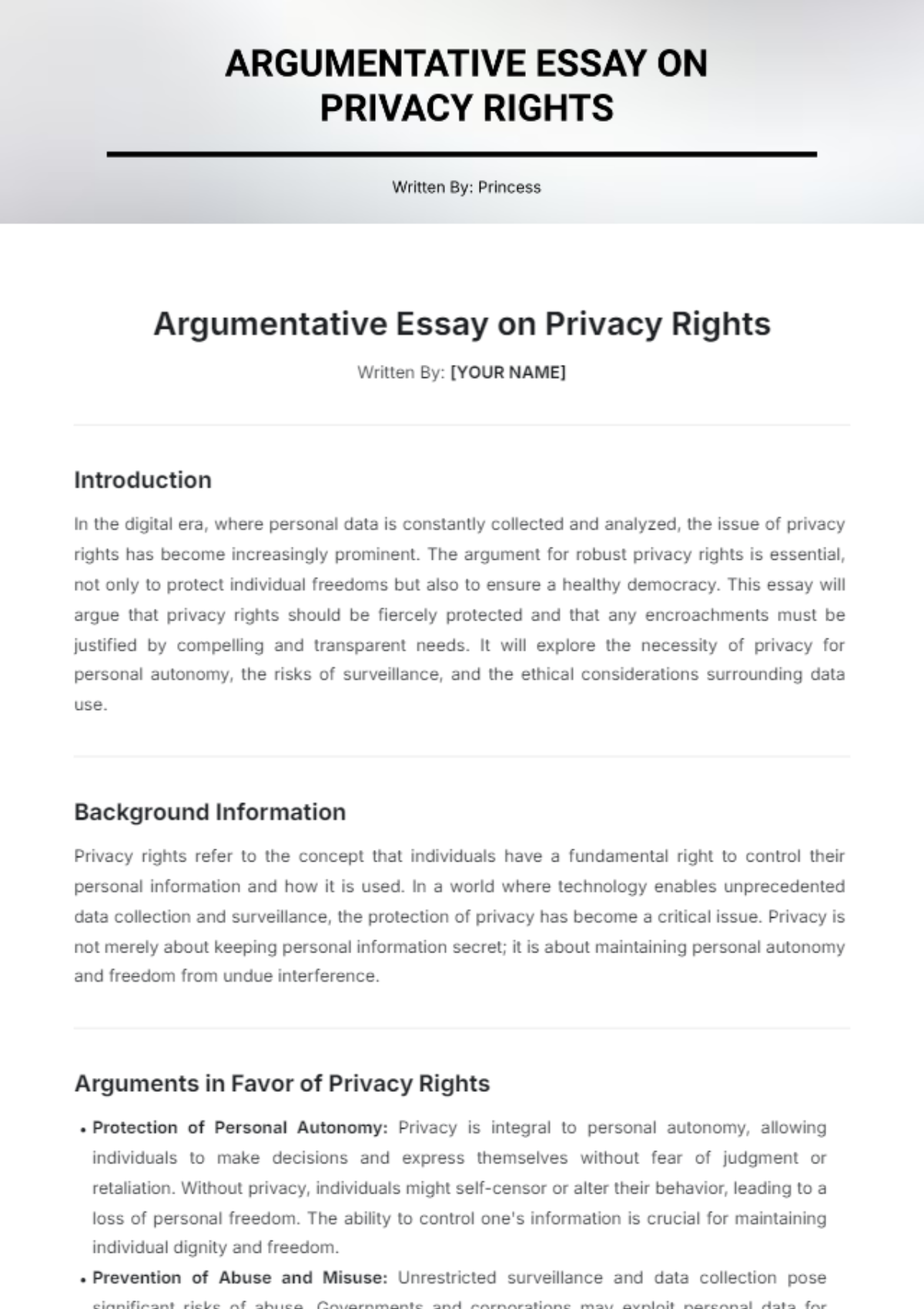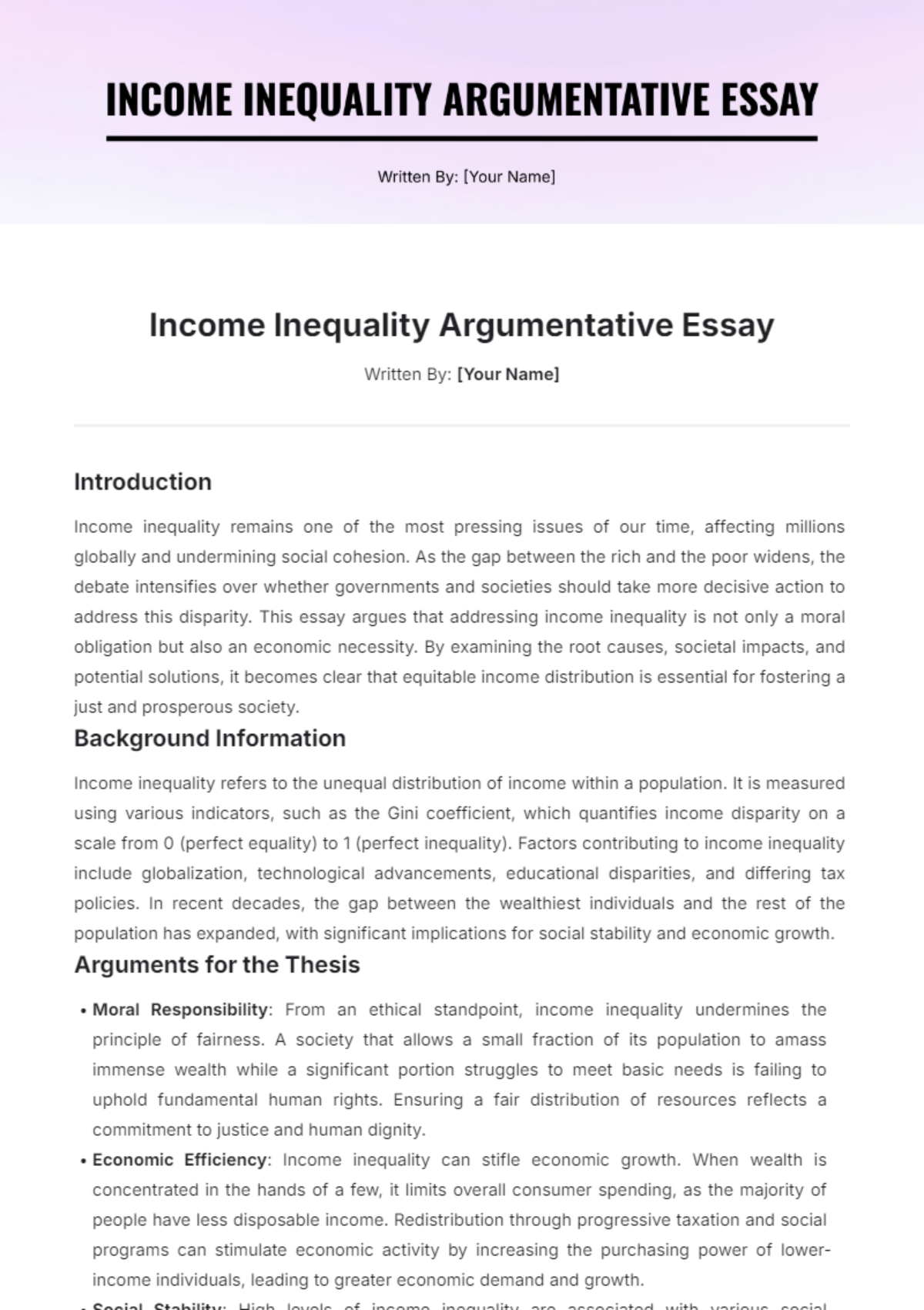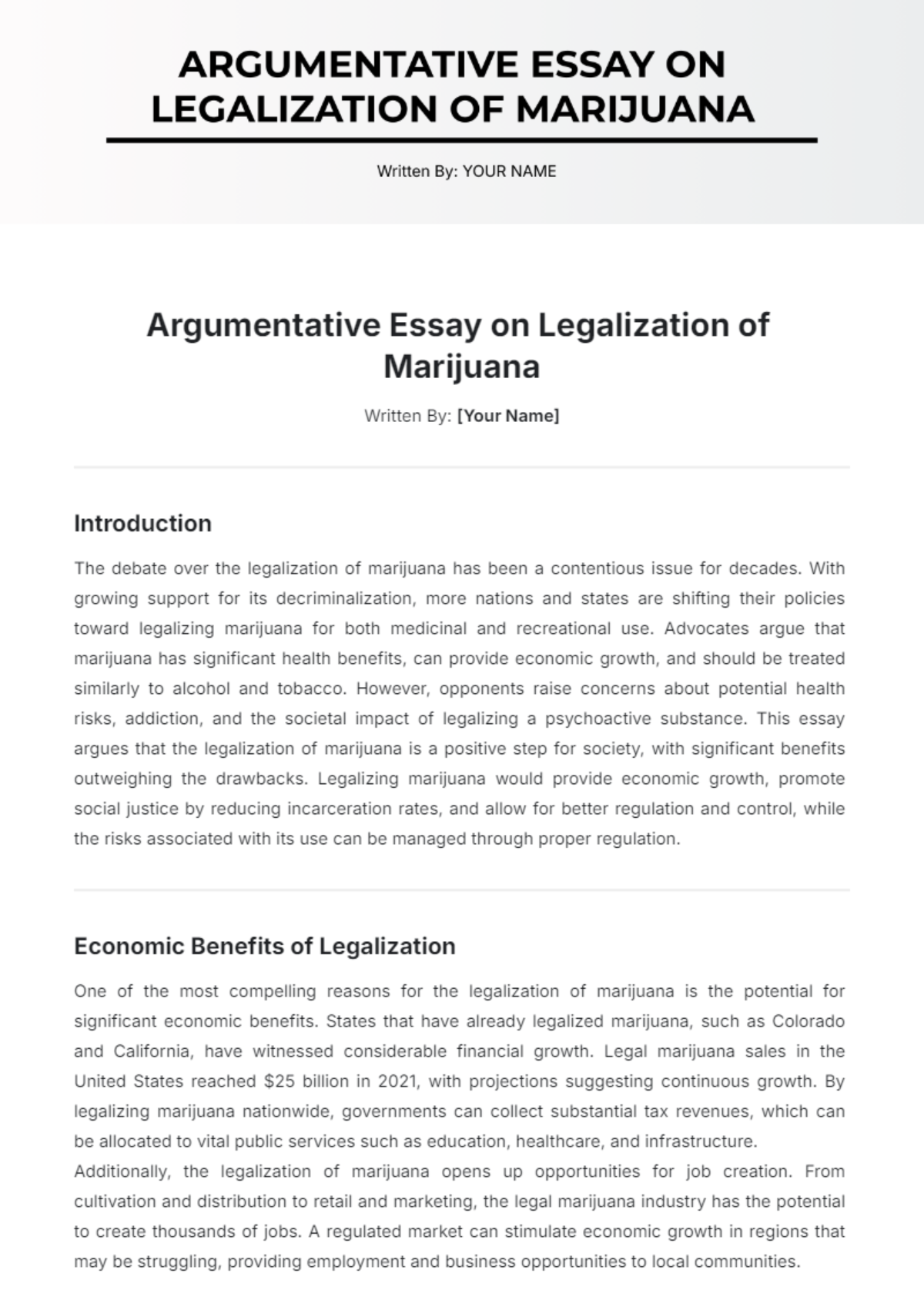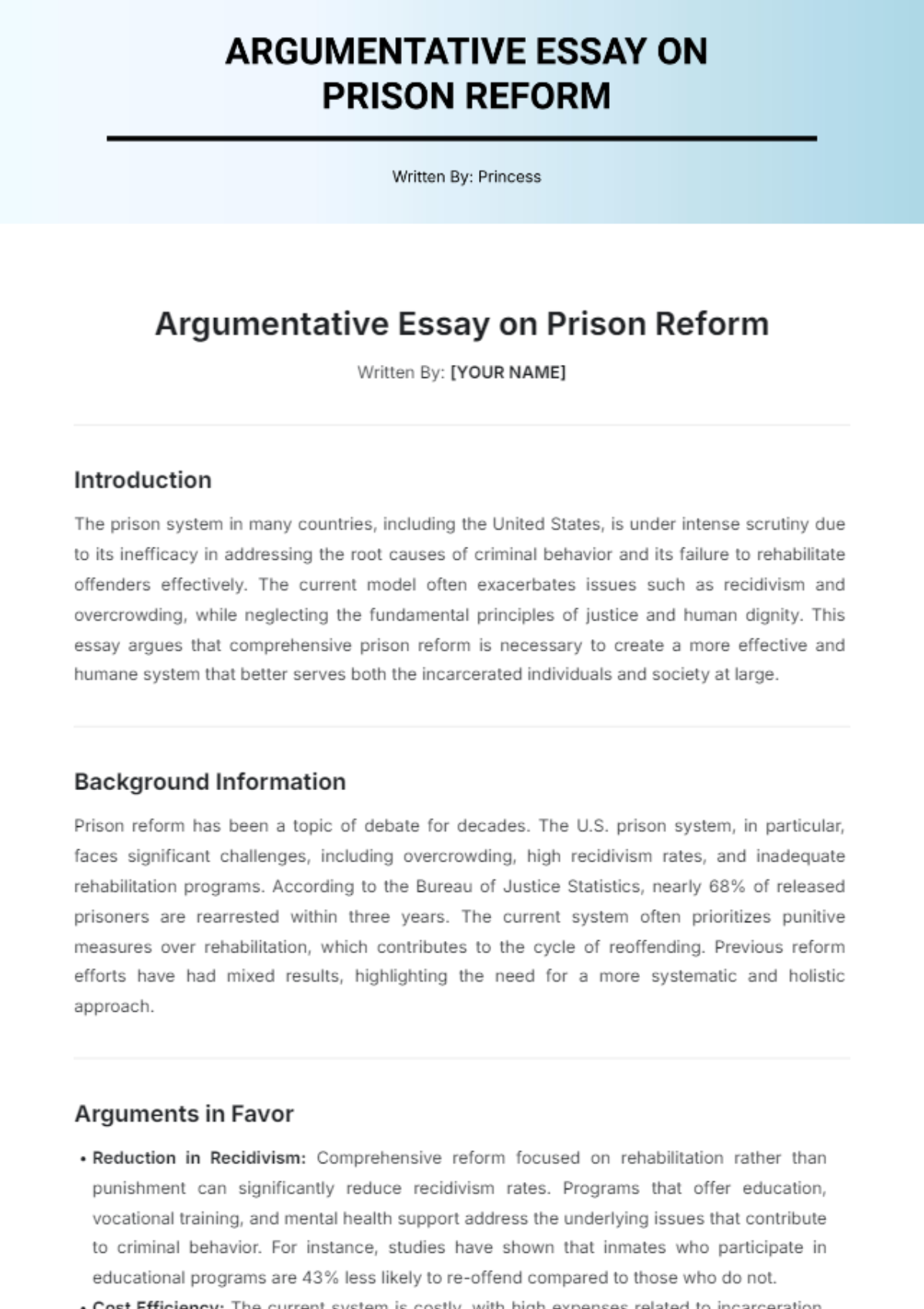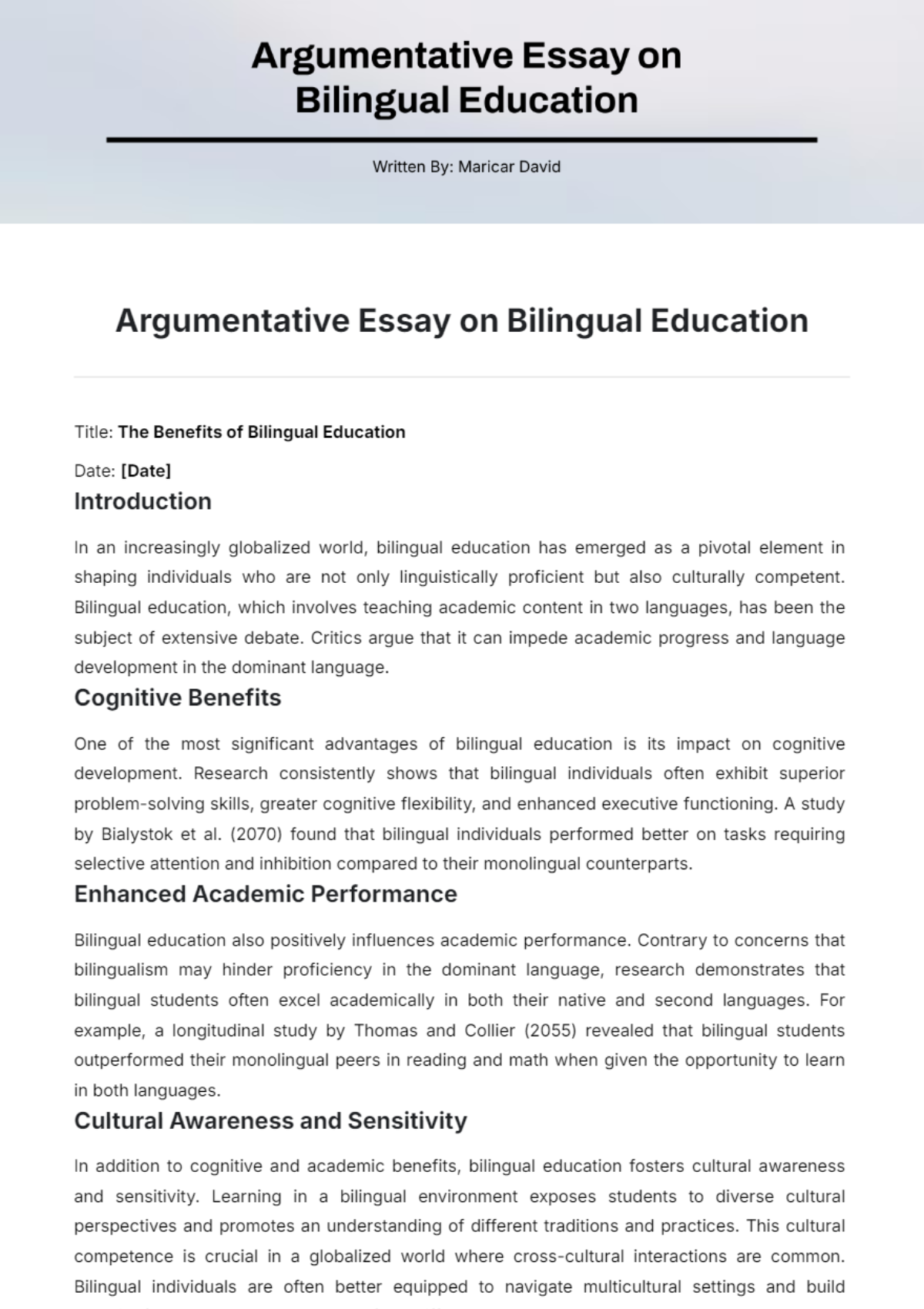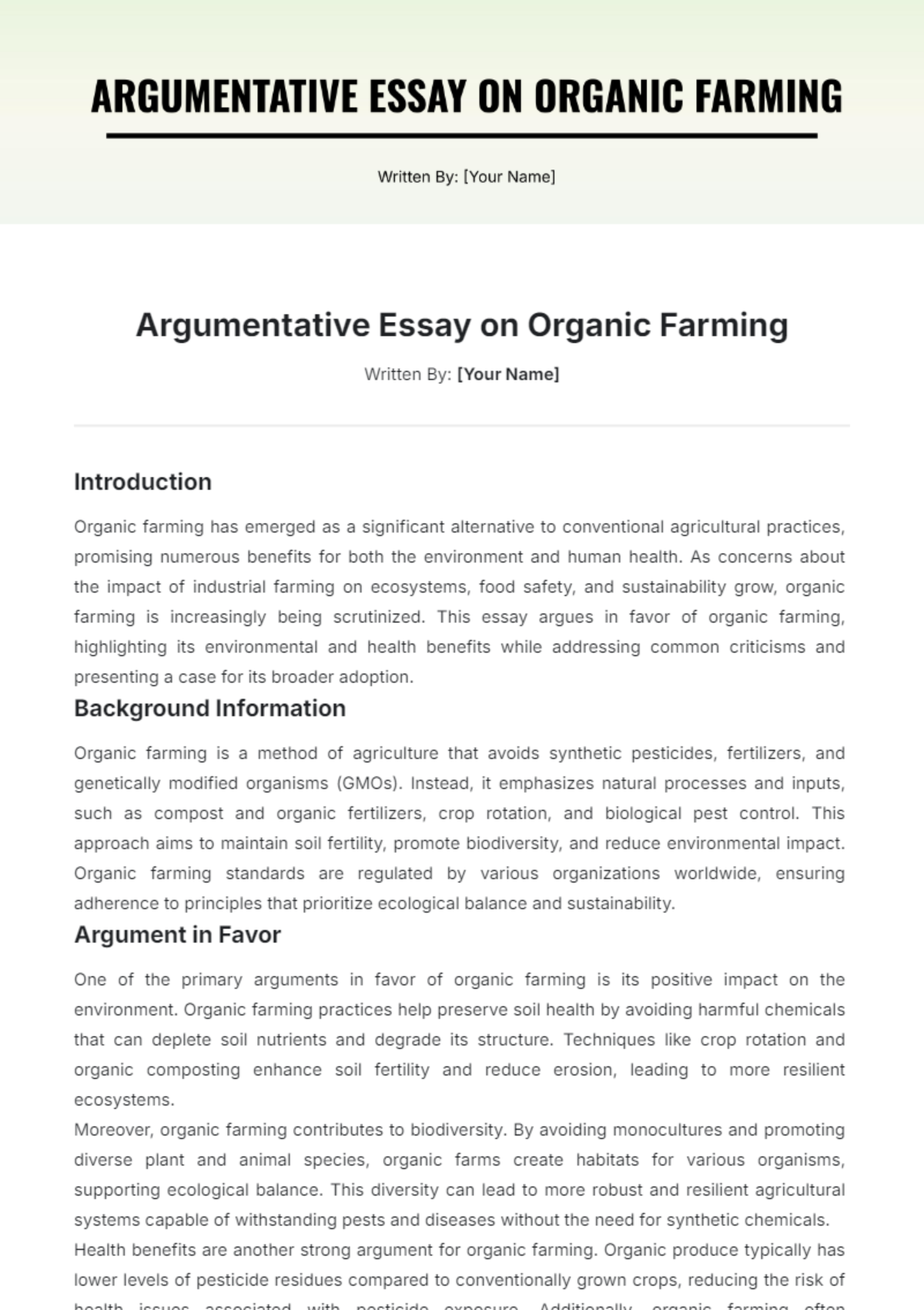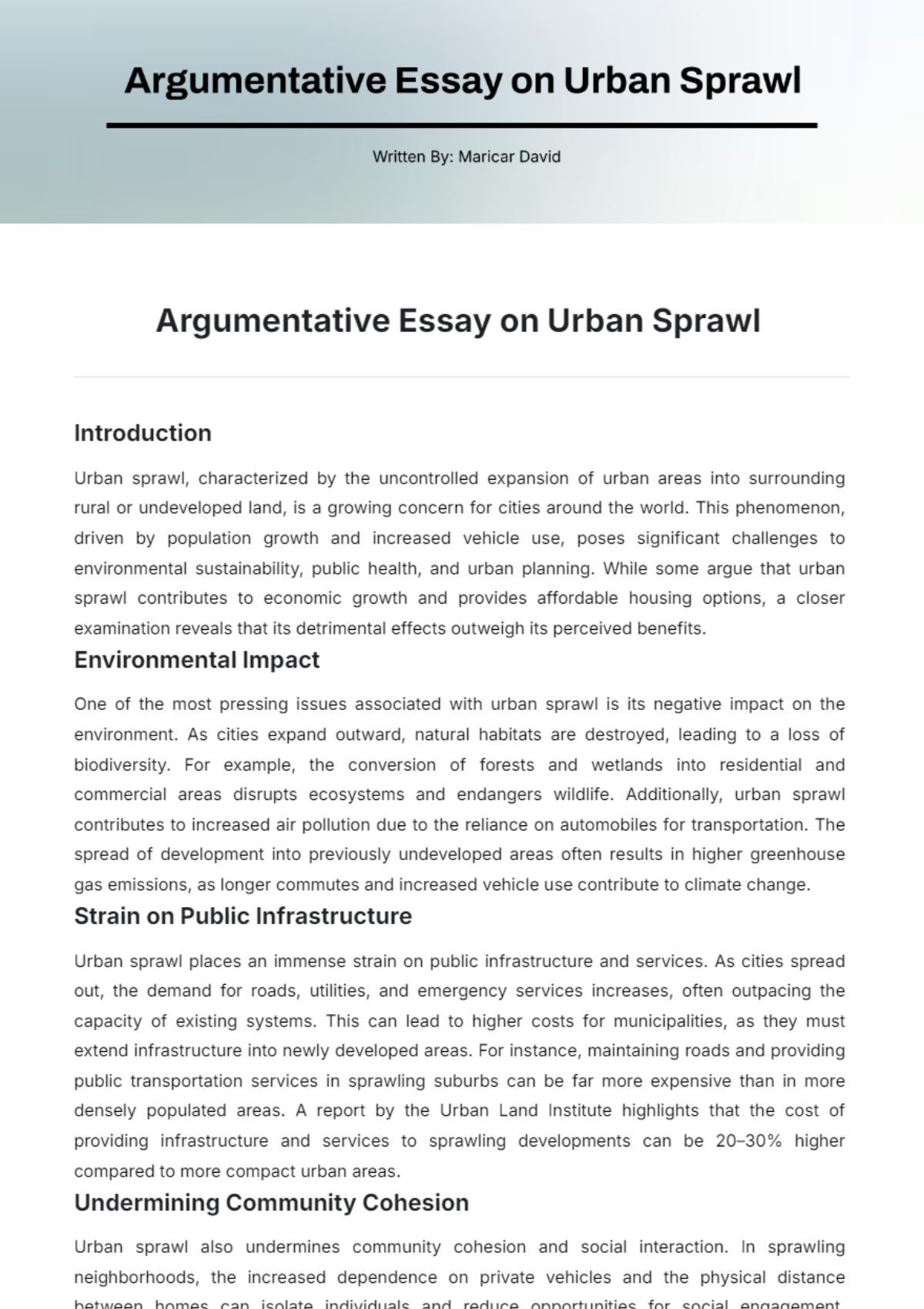Academic Essay for Logical Reasoning
Written by: [YOUR NAME]
Introduction
The purpose of this academic essay is to explore logical reasoning, a critical aspect of effective argumentation. Logical reasoning involves structuring arguments and presenting evidence coherently and rationally. This essay will focus on the importance of logical structure, the role of evidence in supporting arguments, and the presentation of counterarguments. The thesis of this essay is that mastering logical reasoning is essential for developing persuasive and well-supported arguments in academic writing.
Body
1. Importance of Logical Structure
A logically structured essay ensures clarity and coherence, allowing the reader to follow the argument step by step. This begins with a strong introduction that outlines the thesis, followed by body paragraphs that present key points, each supported by evidence. Proper structure enables the writer to communicate ideas effectively, preventing confusion or misinterpretation. The body of the essay builds upon each argument, ensuring logical progression from one idea to the next.
2. Role of Evidence in Supporting Arguments
Evidence is crucial in validating claims and enhancing the credibility of an argument. In academic writing, arguments must be supported by reliable data, studies, or scholarly sources. Logical reasoning requires that evidence be presented in a manner that directly supports the thesis, showing clear connections between the evidence and the argument. Additionally, integrating different types of evidence strengthens the overall case being made.
3. Presentation of Counterarguments
Addressing counterarguments is vital in demonstrating a well-rounded understanding of the topic. By considering opposing viewpoints, the writer acknowledges the complexity of the issue while reinforcing their argument through logical refutation. This enhances the essay’s credibility and persuades readers by showing that the argument has been carefully thought through and is not one-sided.
Conclusion
In conclusion, logical reasoning is indispensable in crafting persuasive academic essays. A well-structured essay, supported by credible evidence and mindful of opposing viewpoints, enables the writer to present strong, rational arguments. Mastering these elements contributes to both academic success and the development of critical thinking skills. Ultimately, logical reasoning helps build persuasive essays that are intellectually rigorous and compelling.
References
Smith, J. (2050). The Art of Logical Reasoning. Academic Press.
Doe, A. (2051). The role of evidence in academic writing. Journal of Academic
Brown, R. (2052). Critical Thinking in Higher Education. University Publishing.
